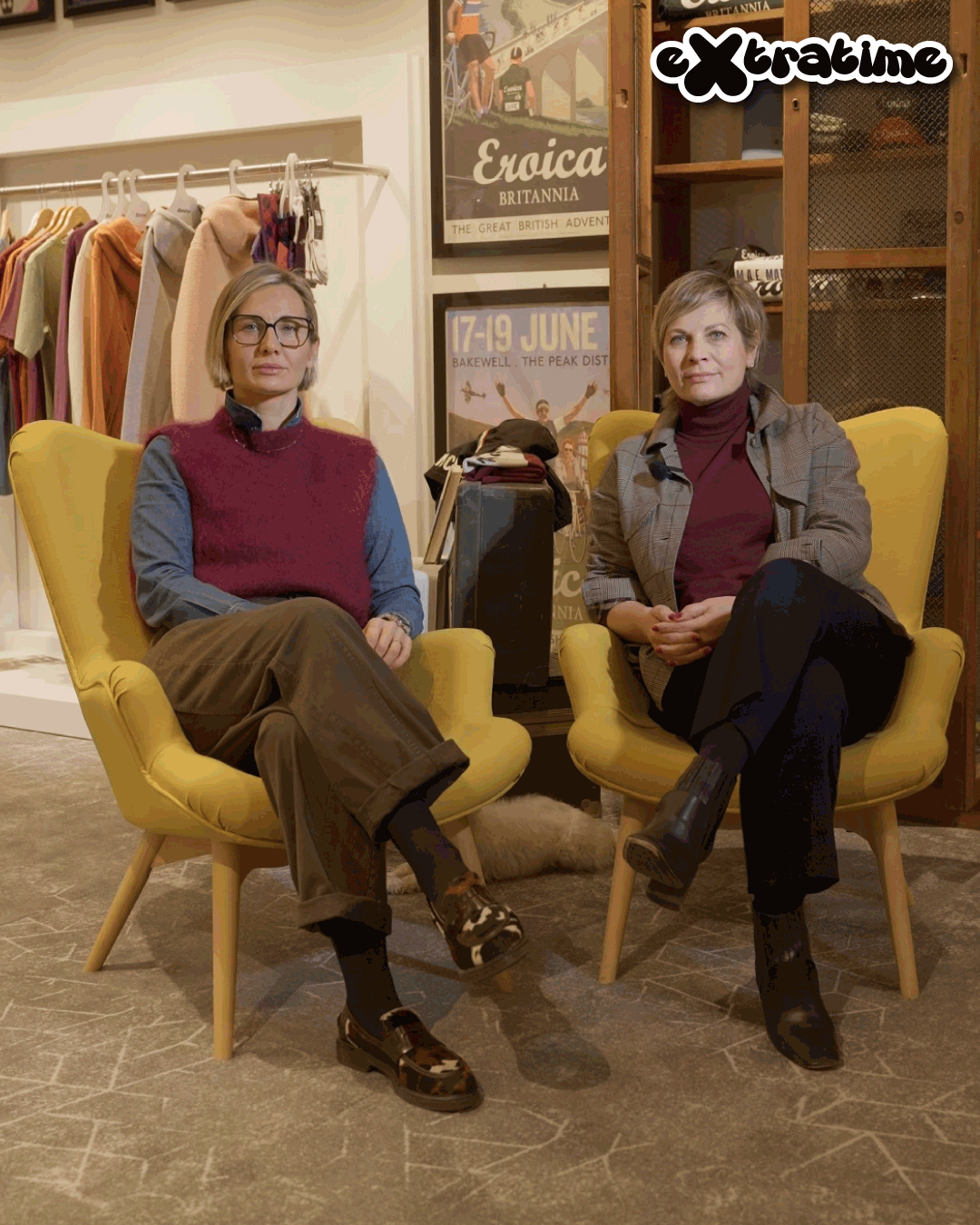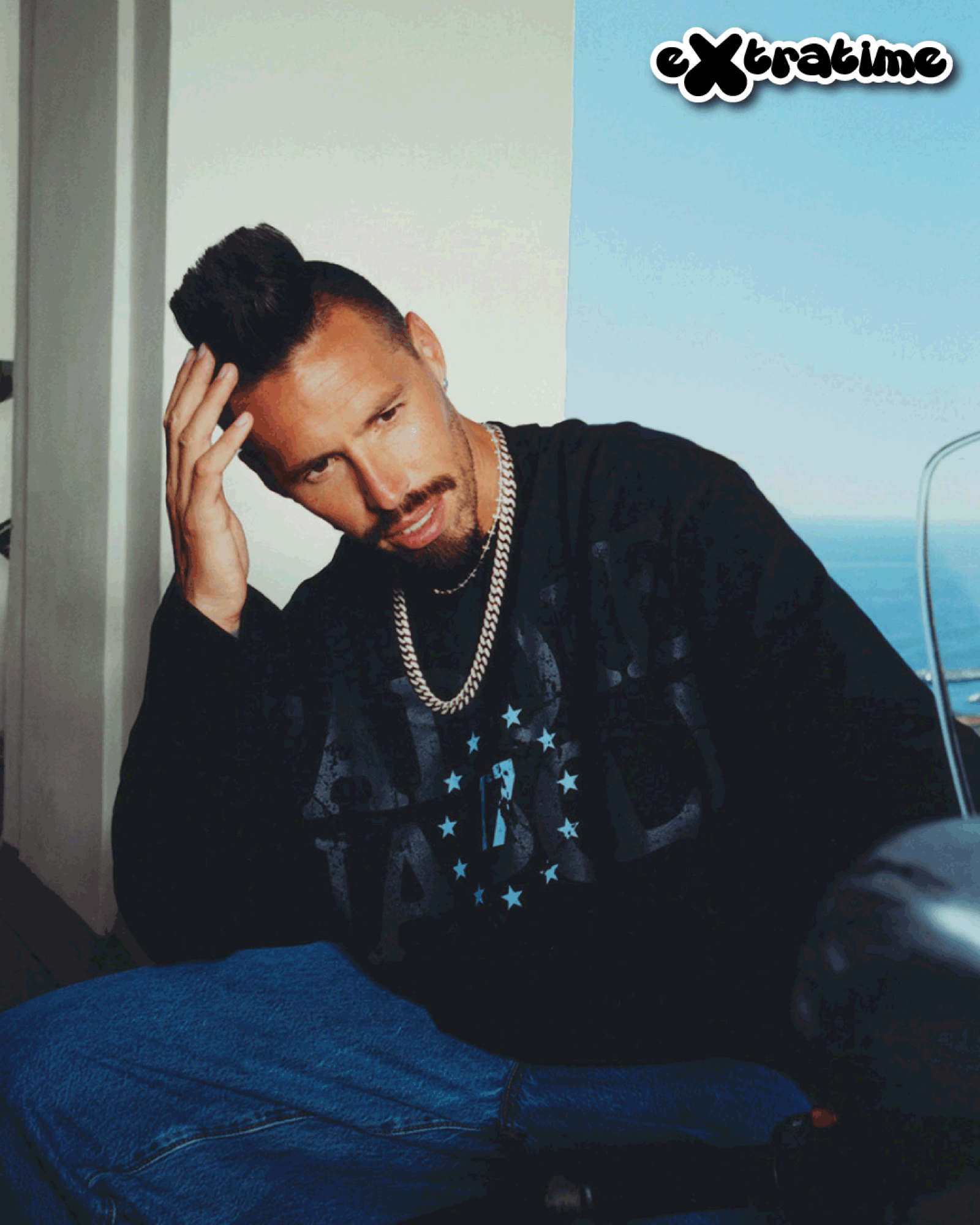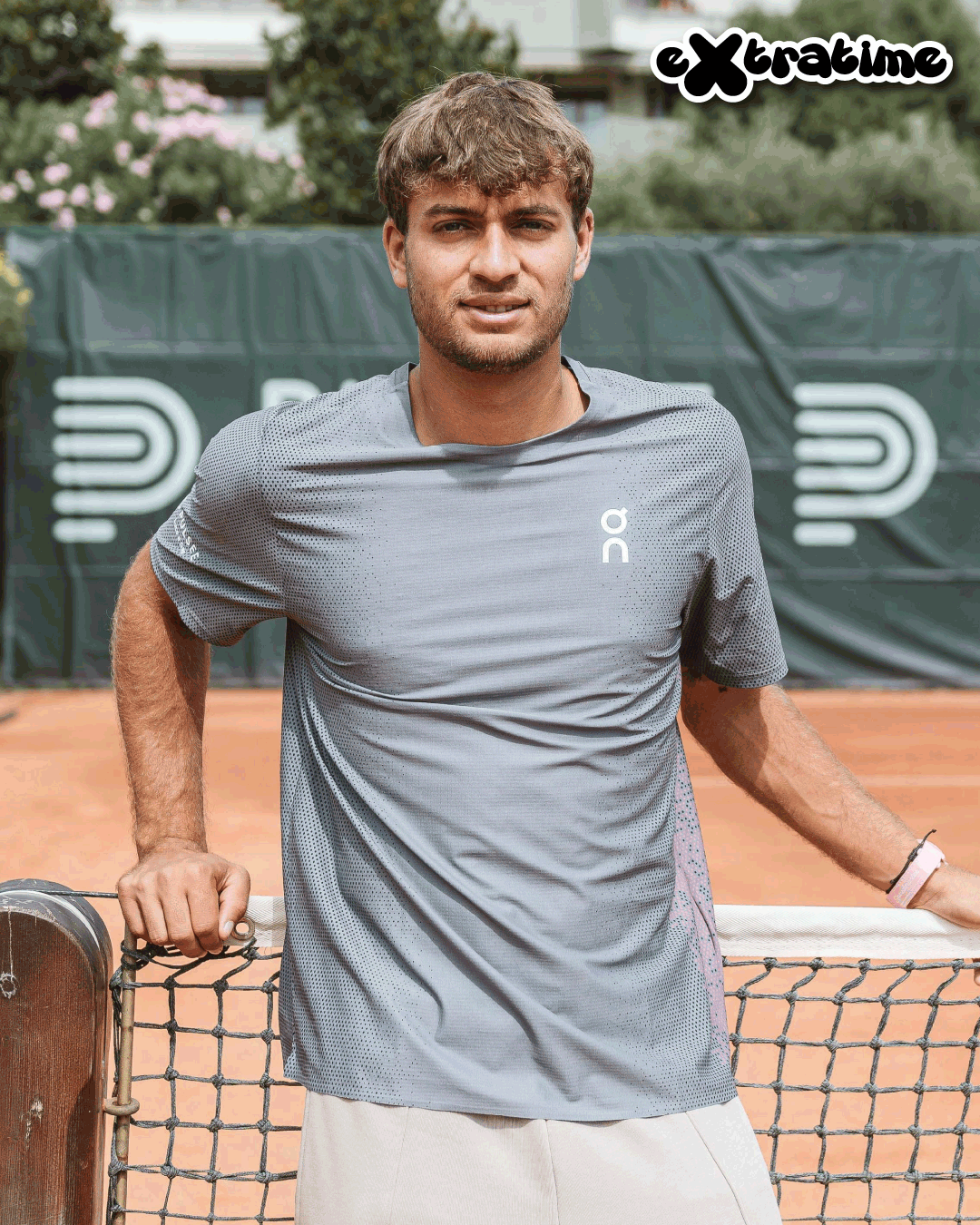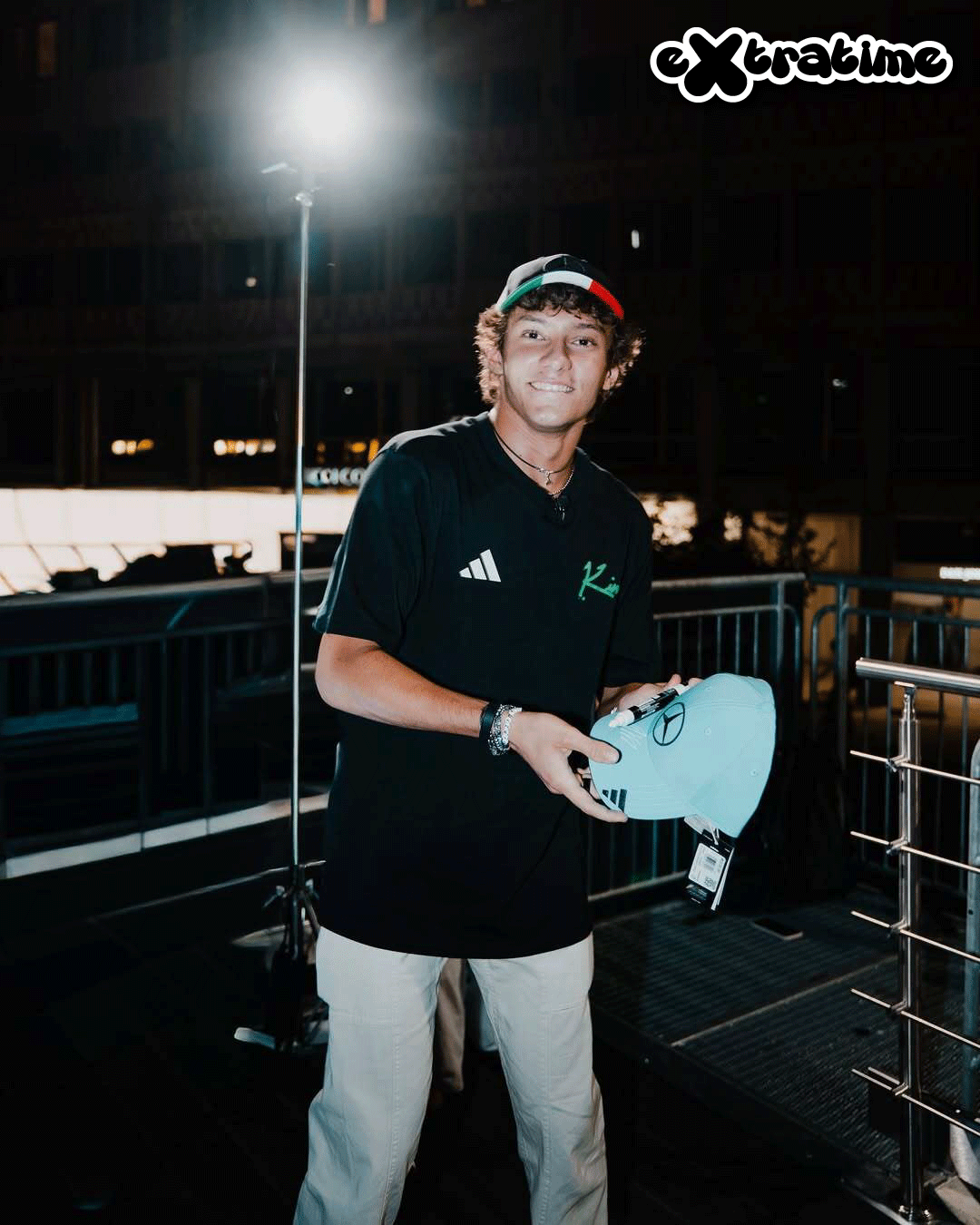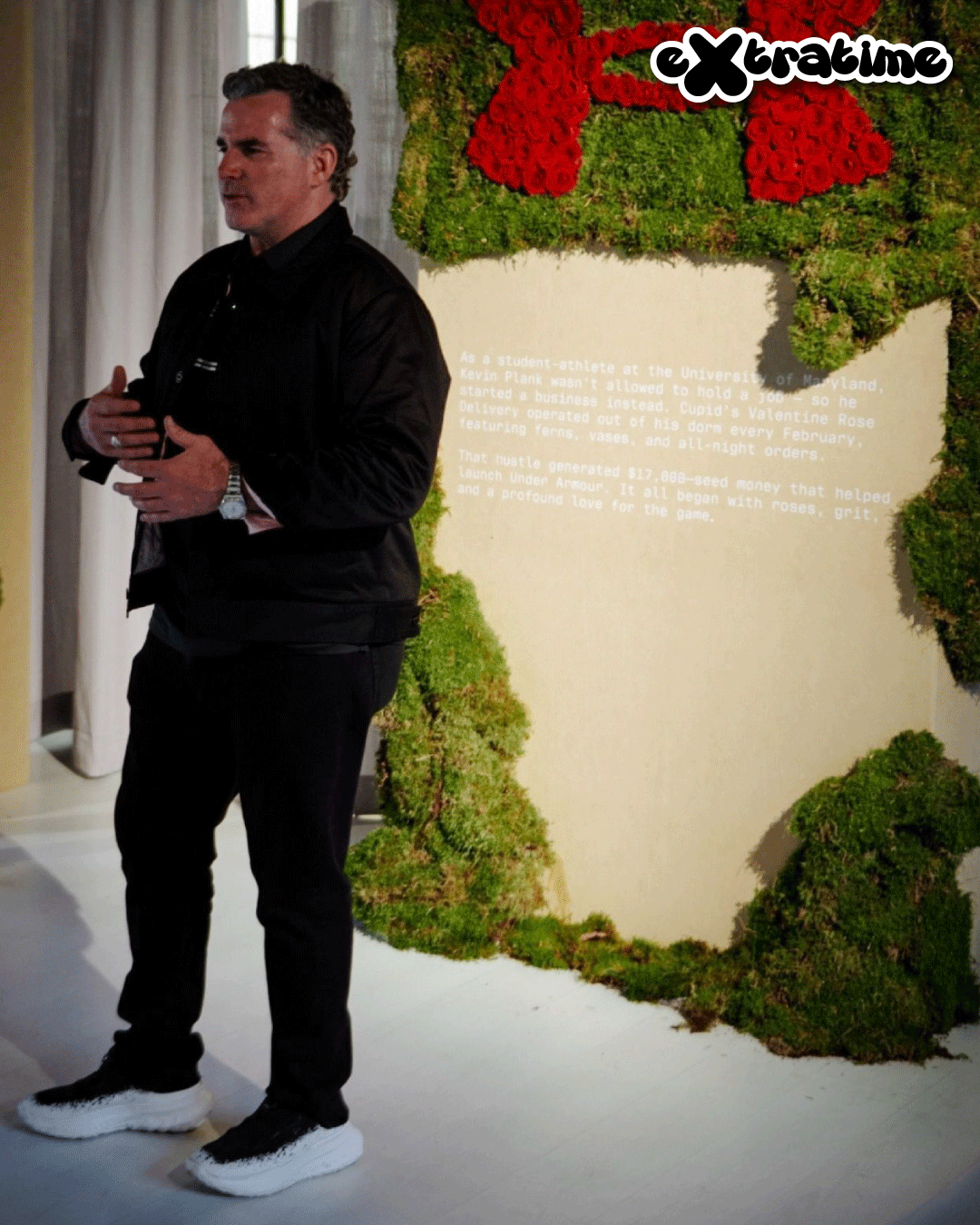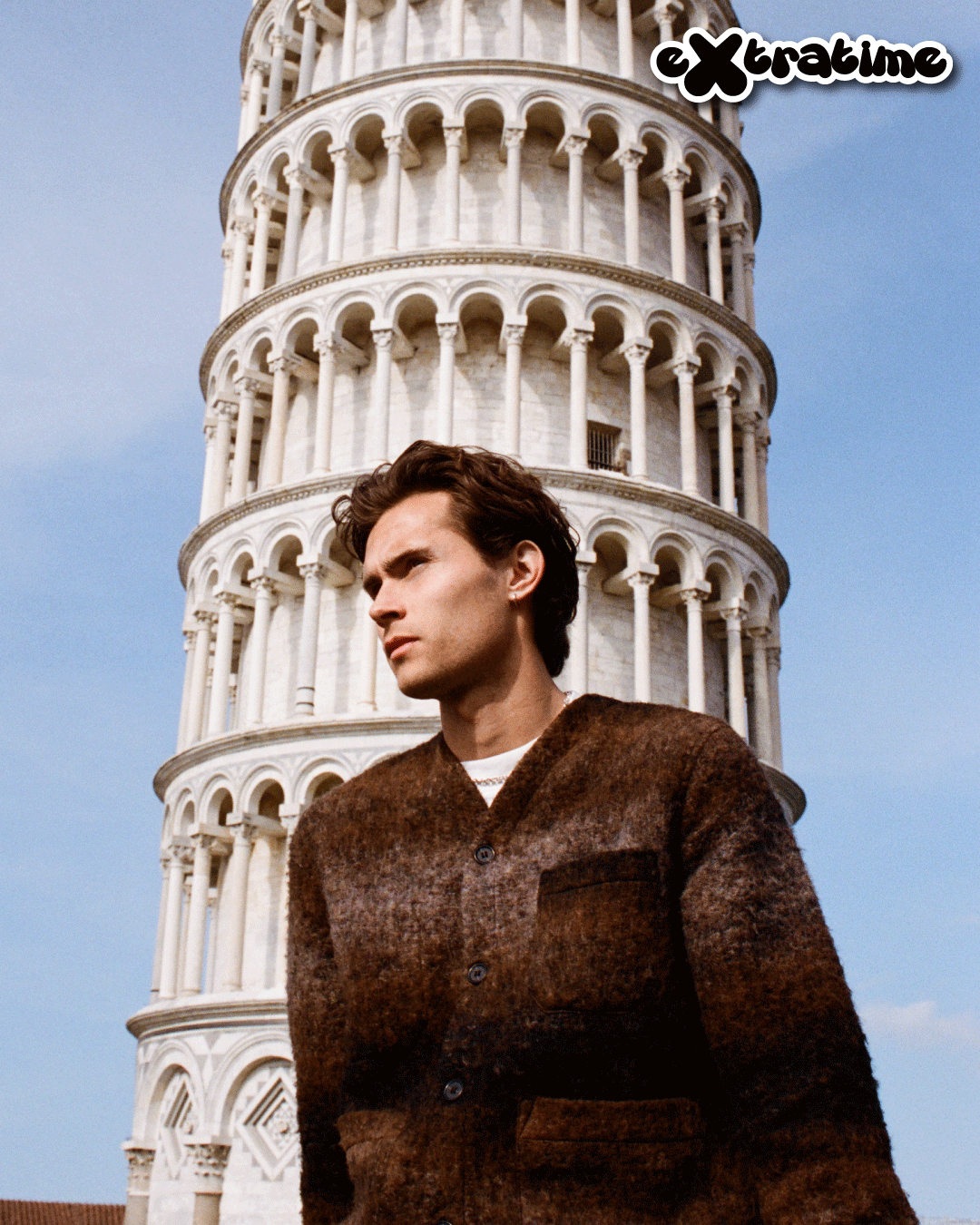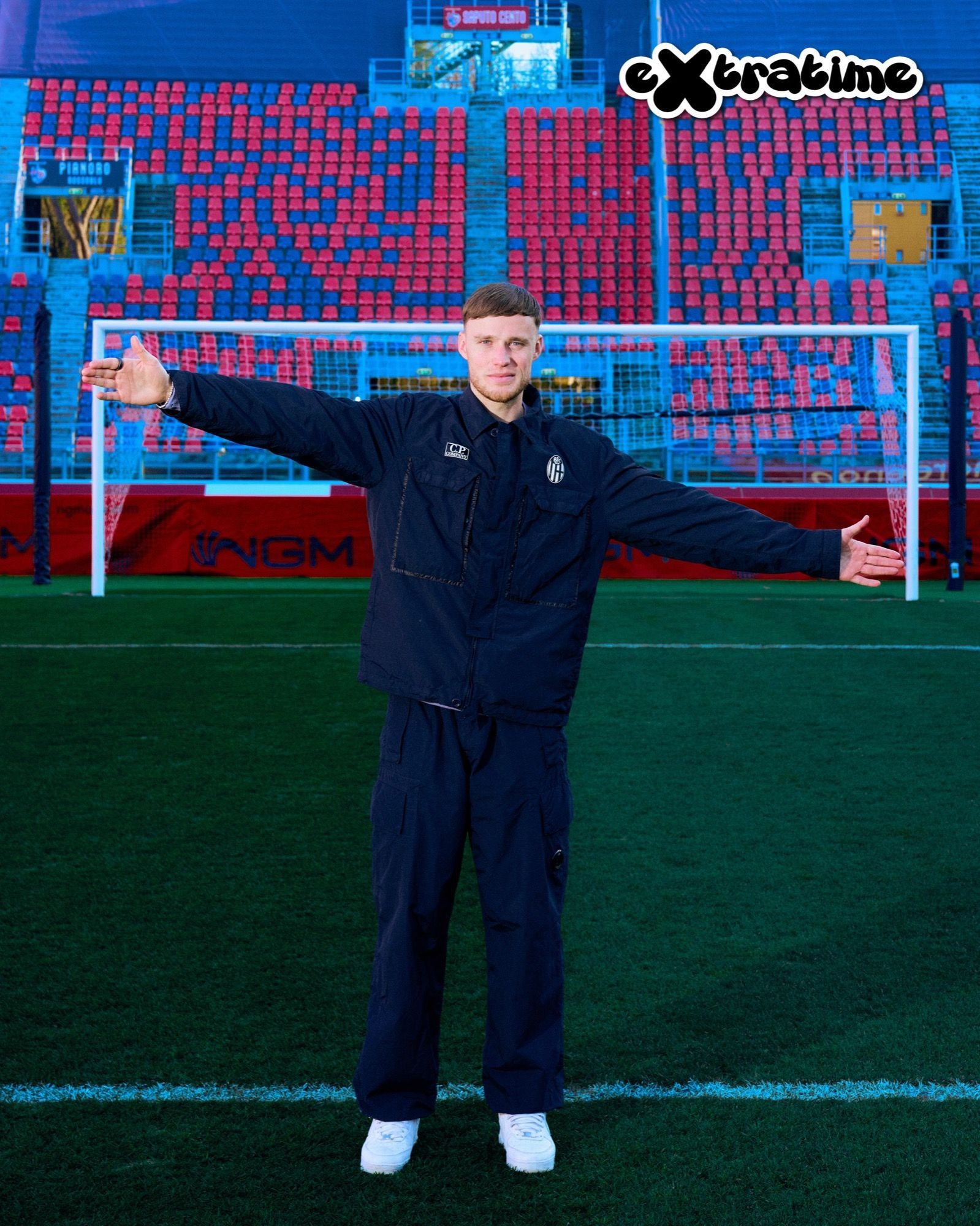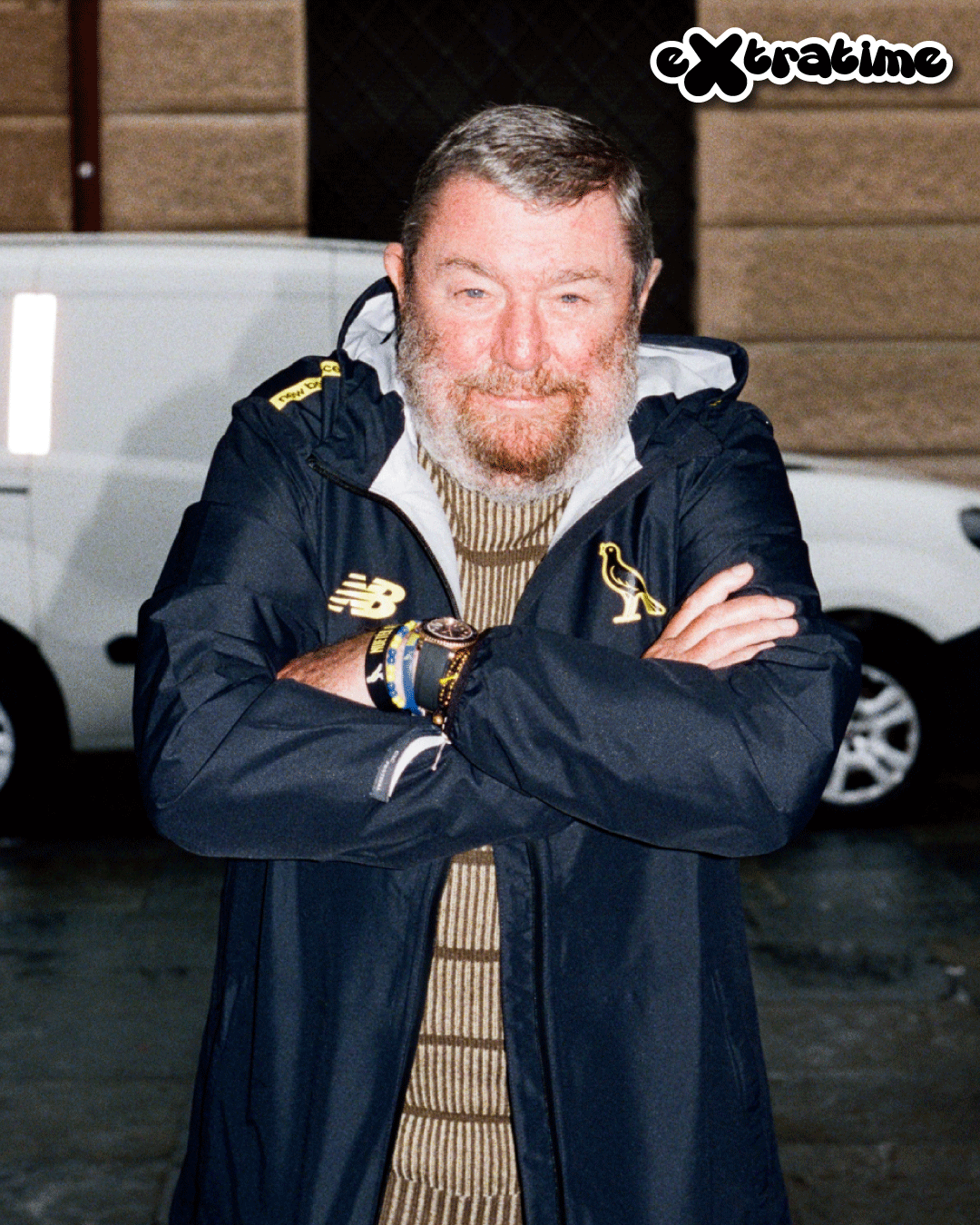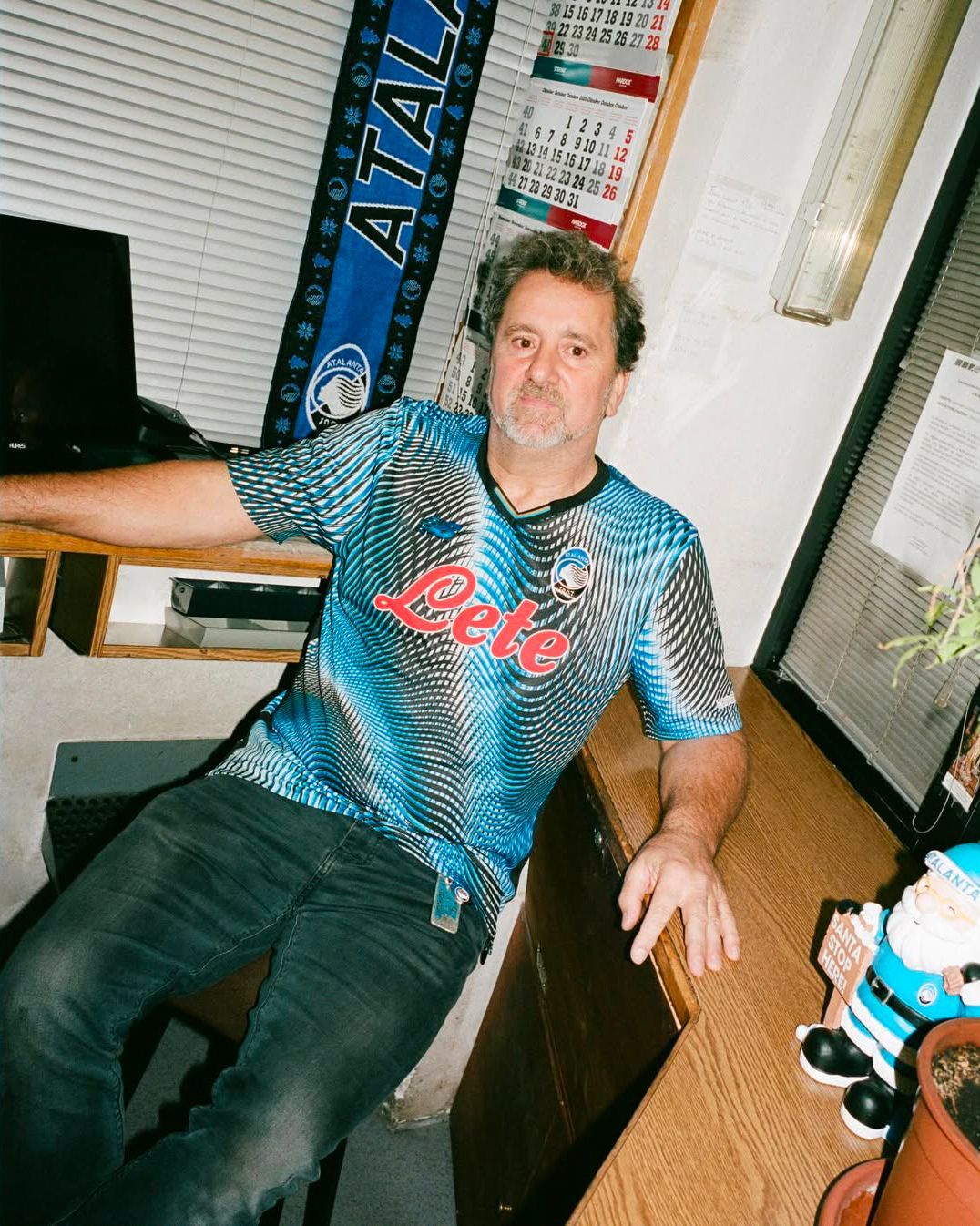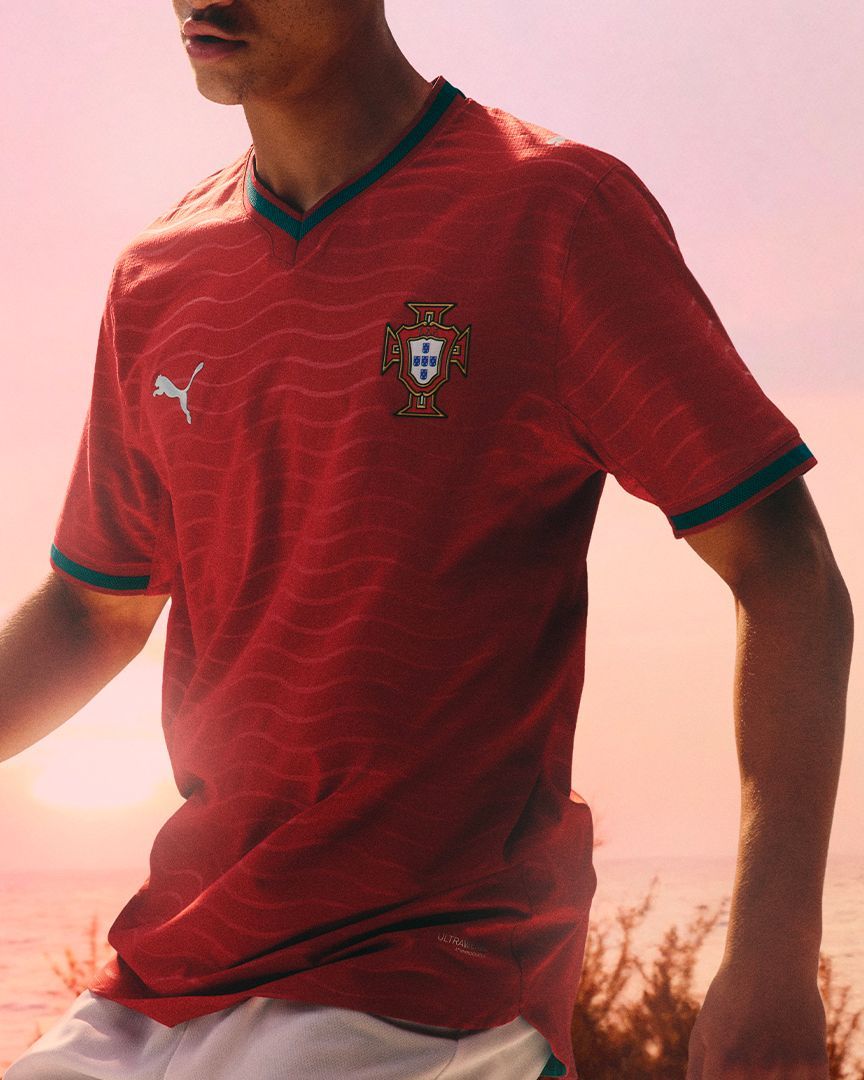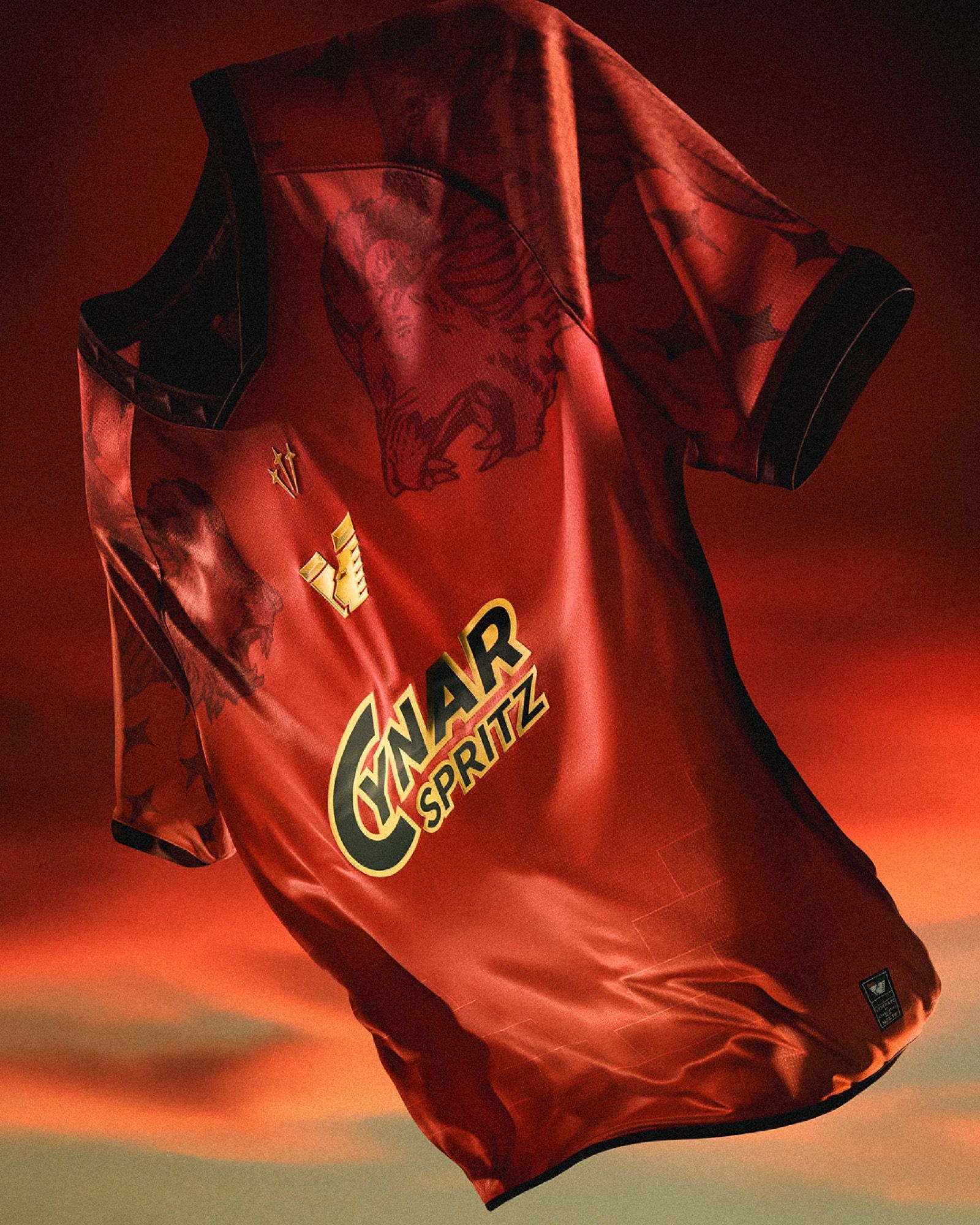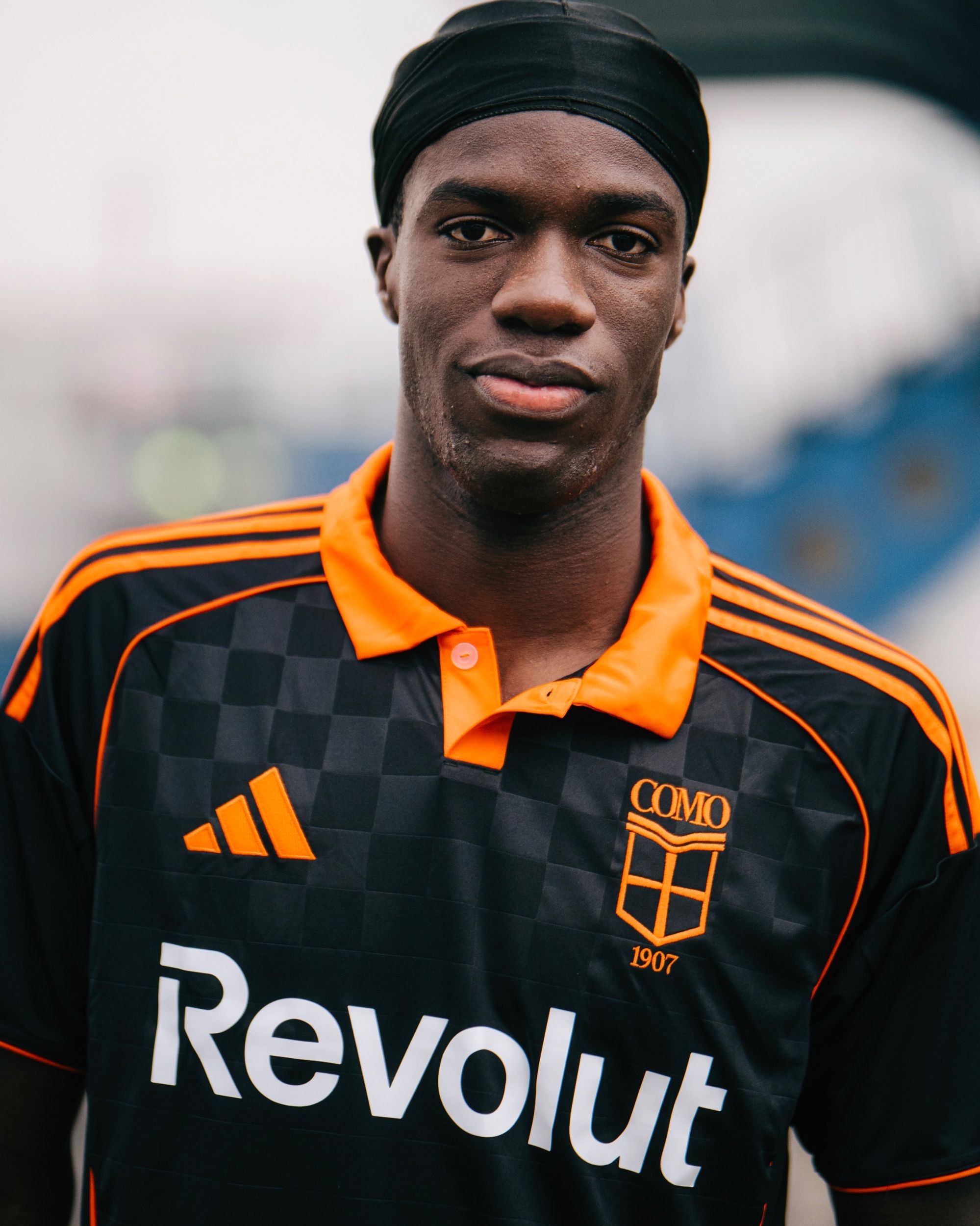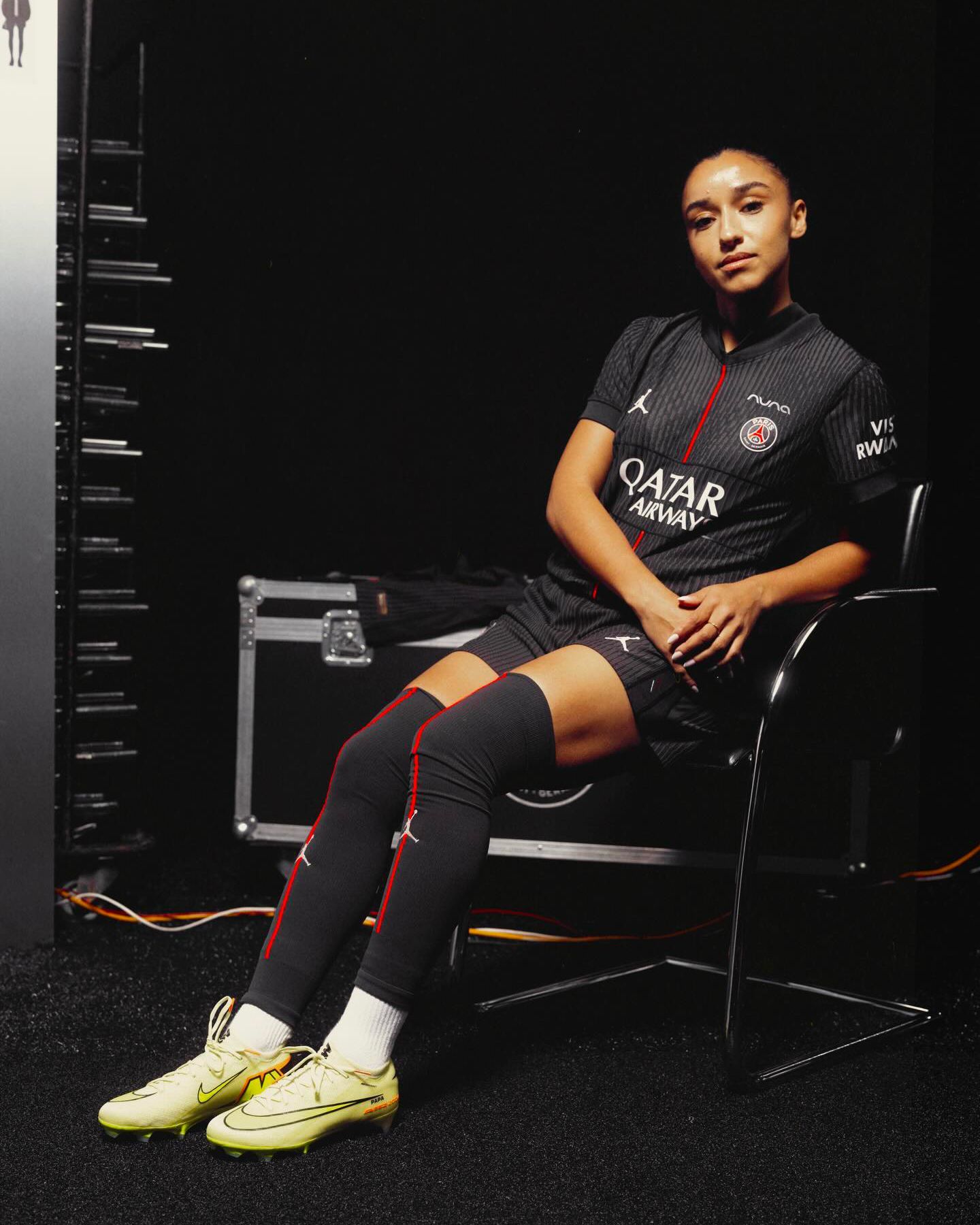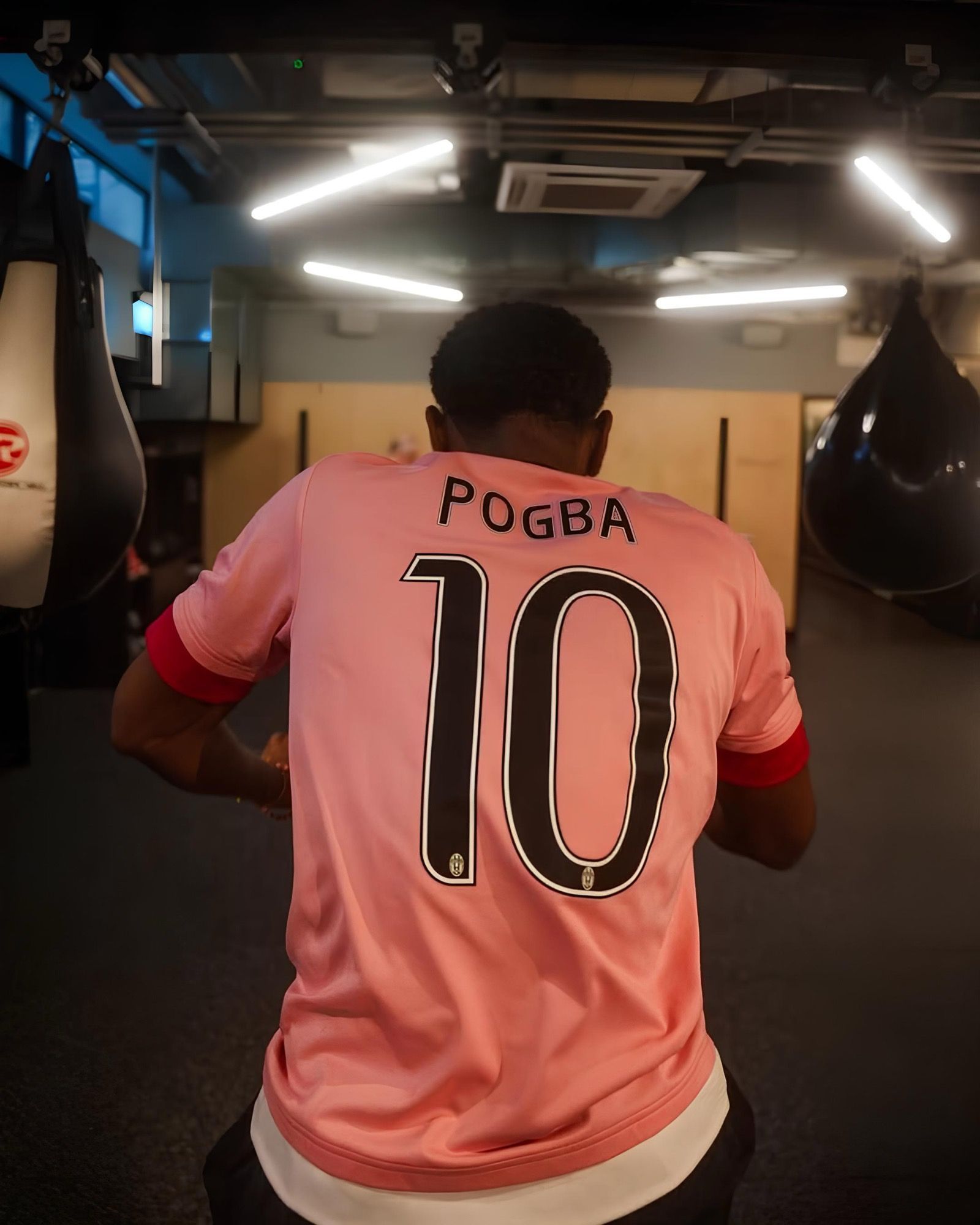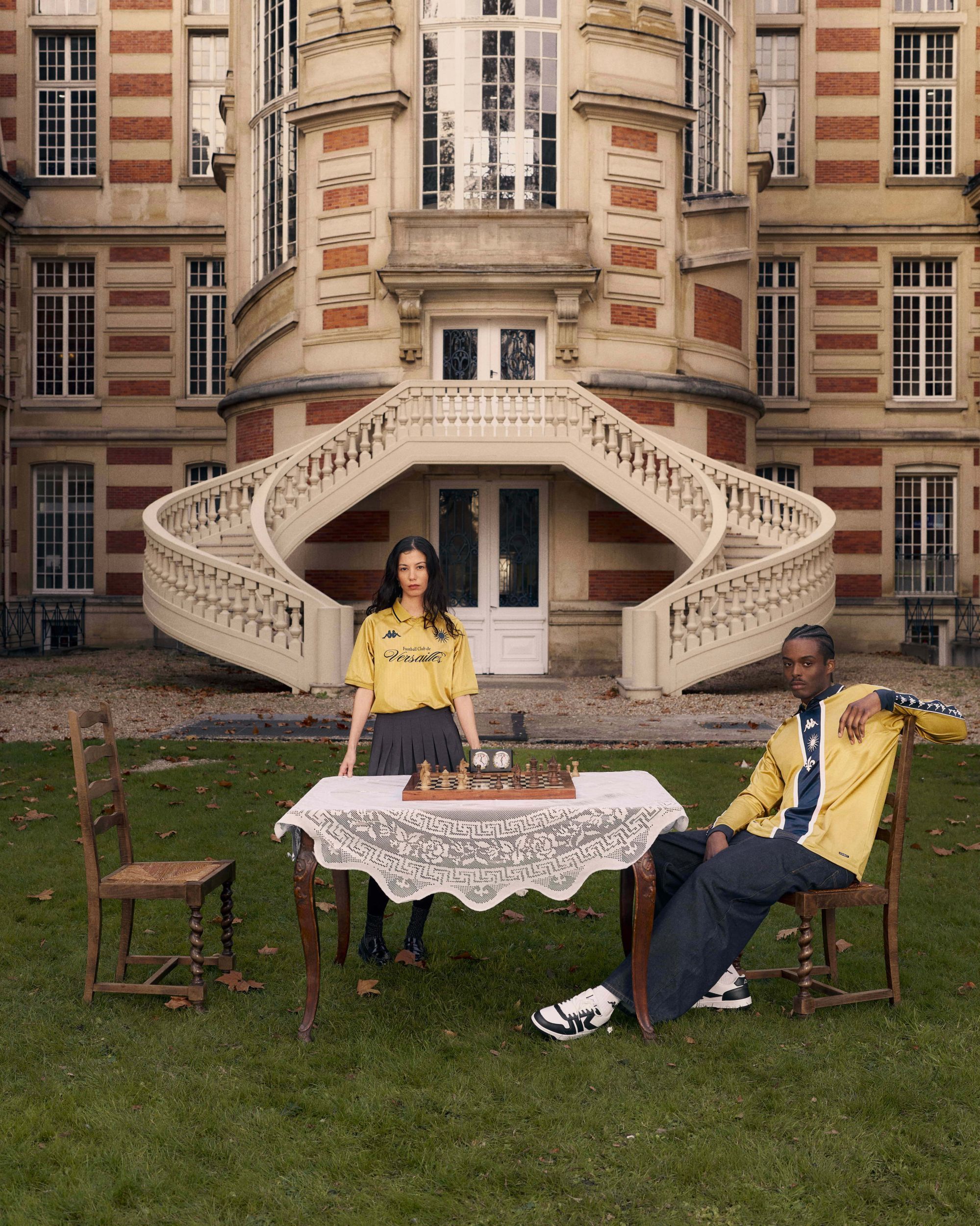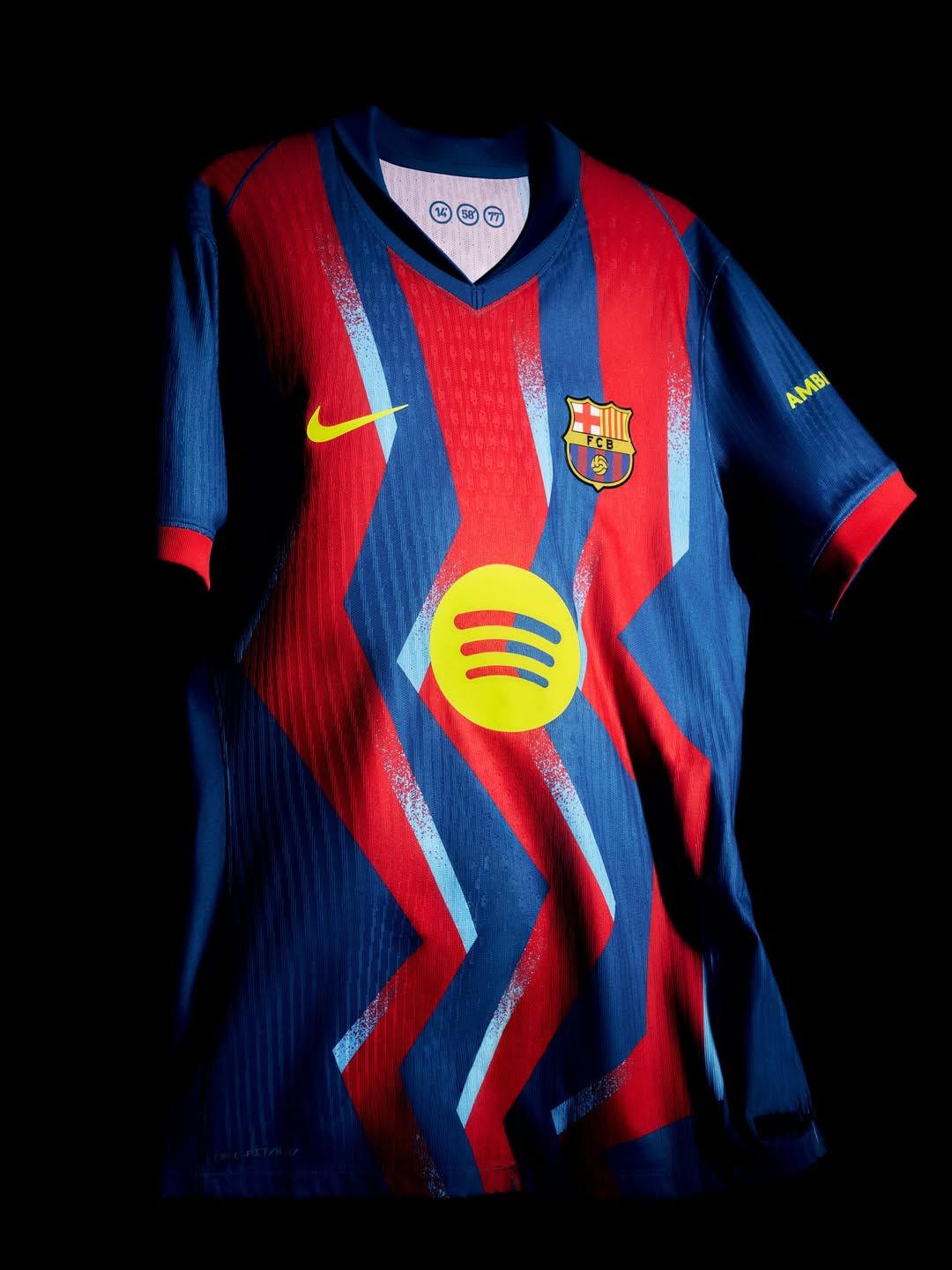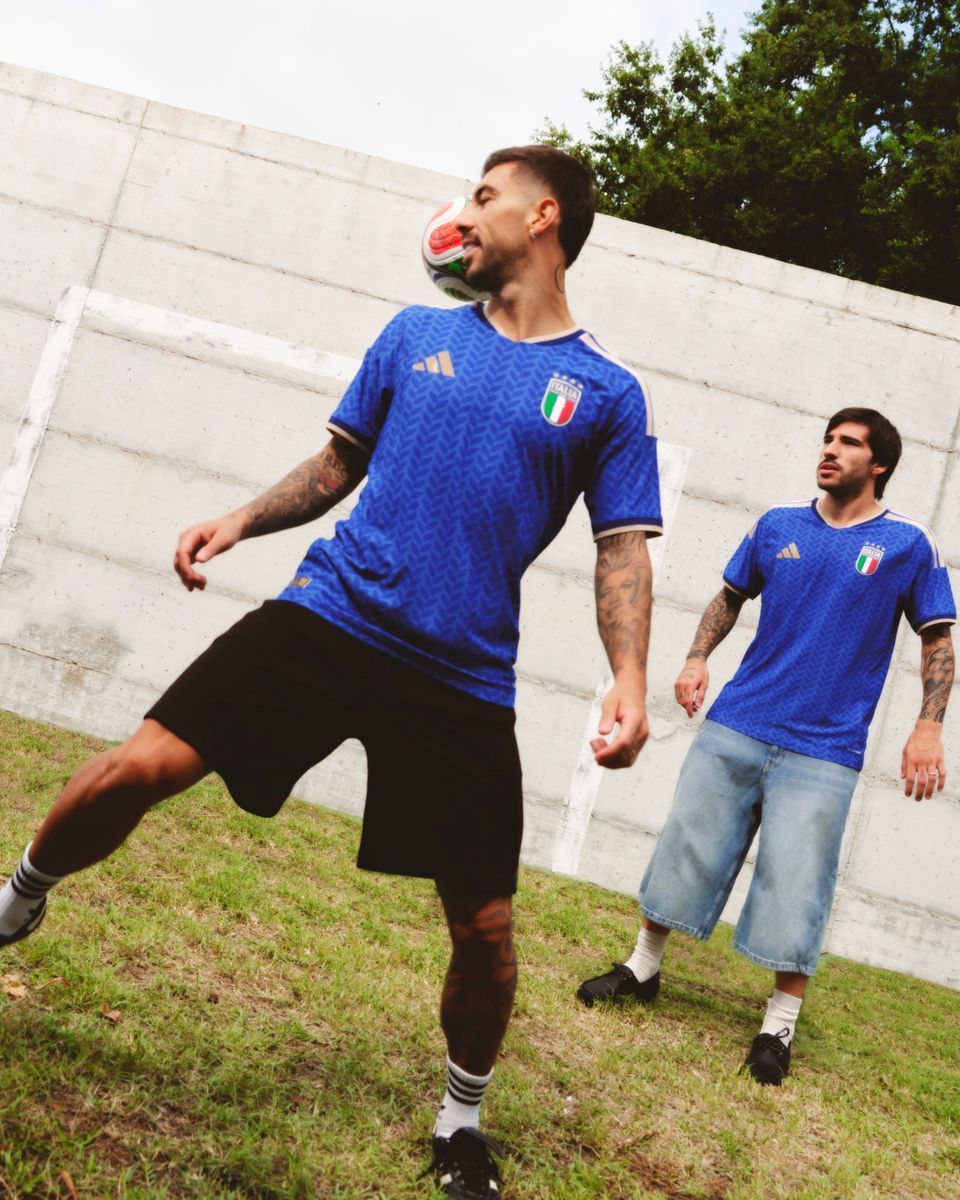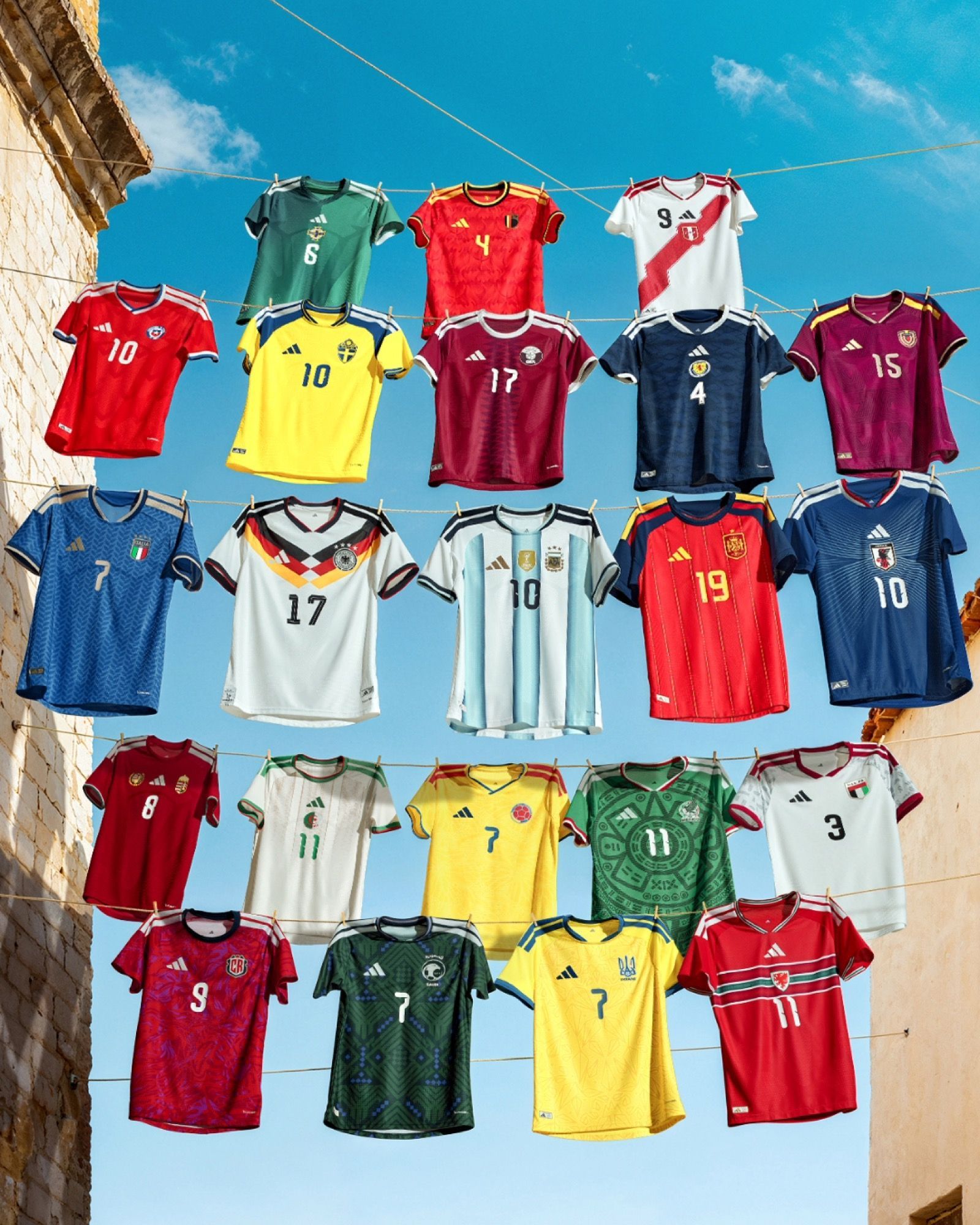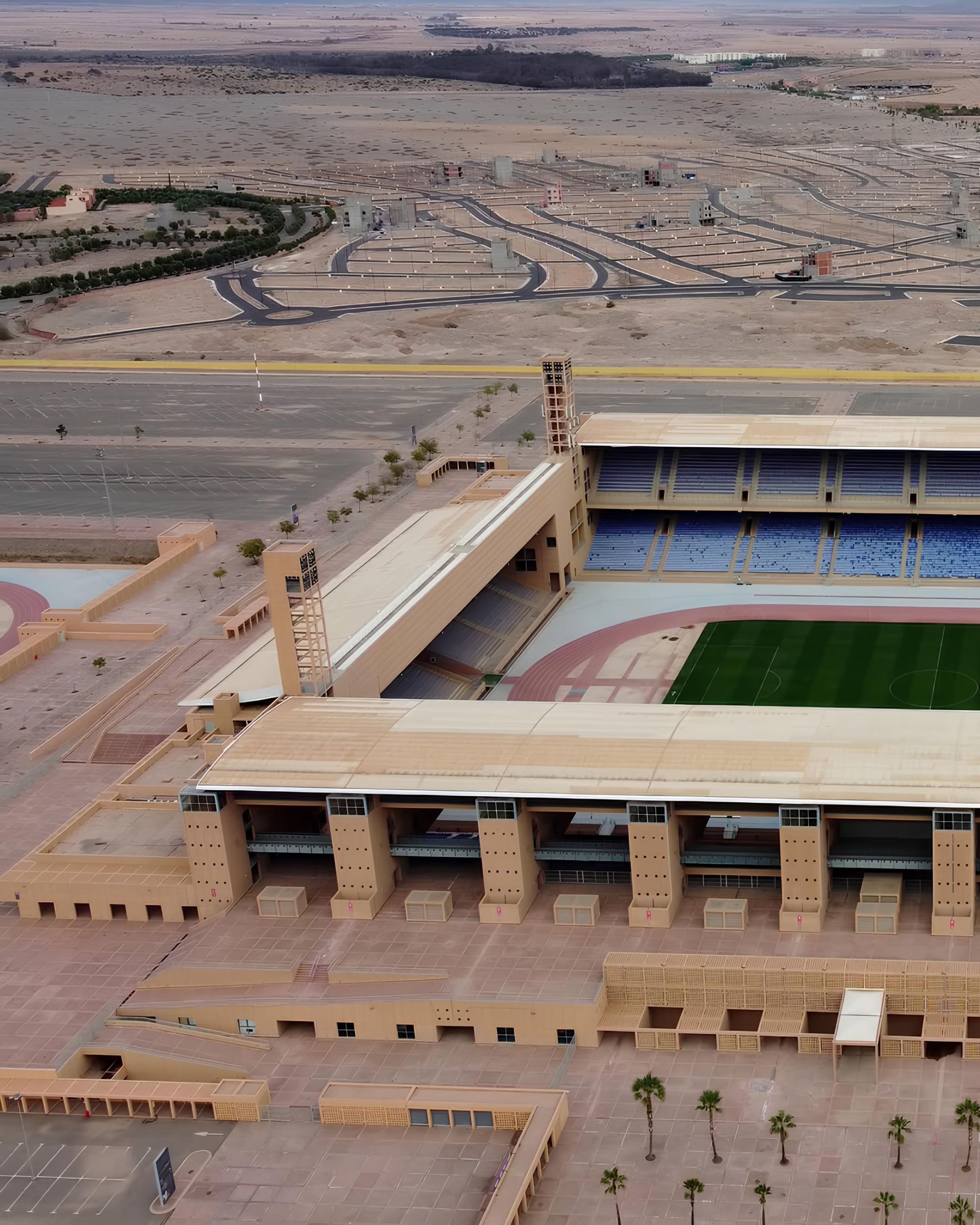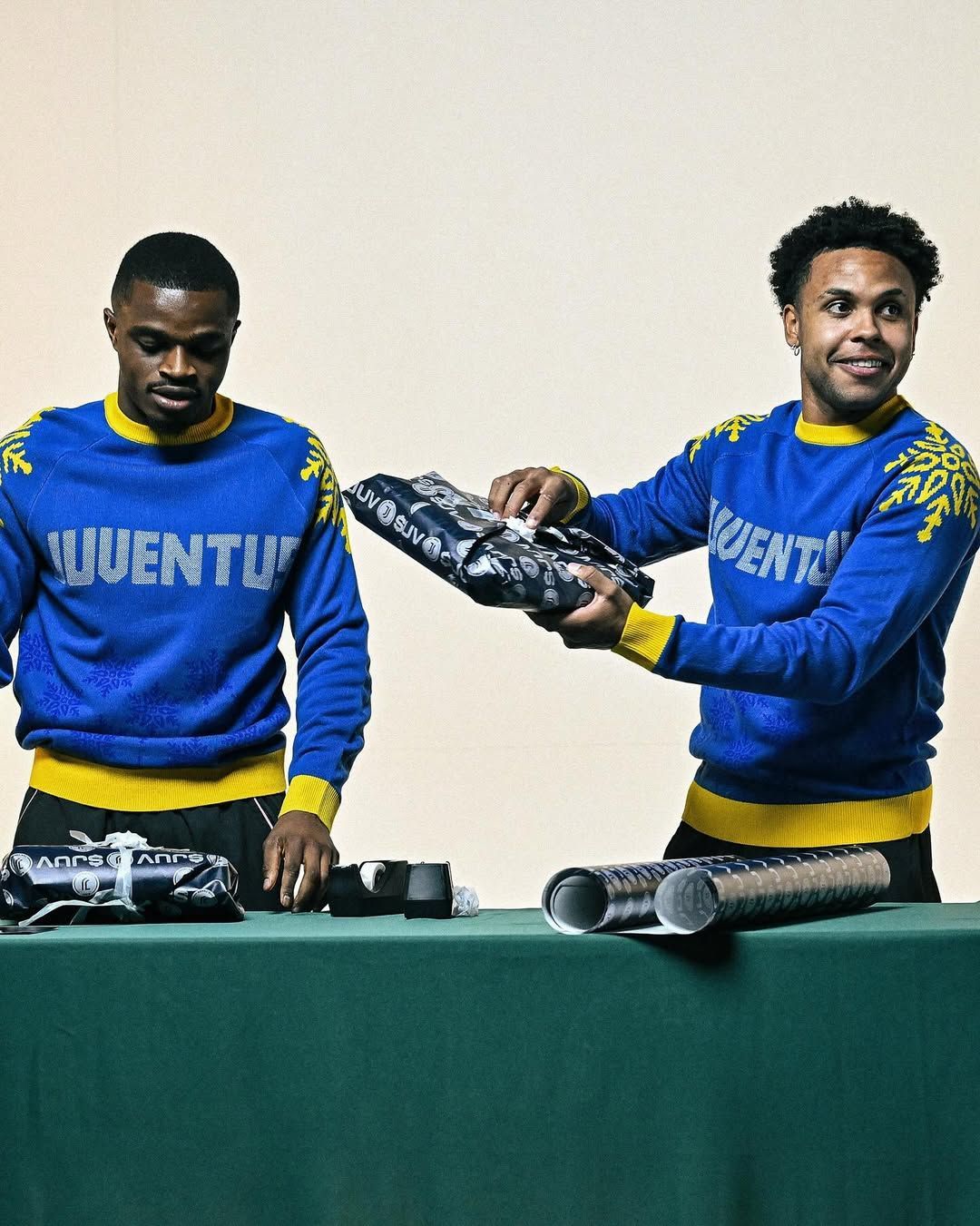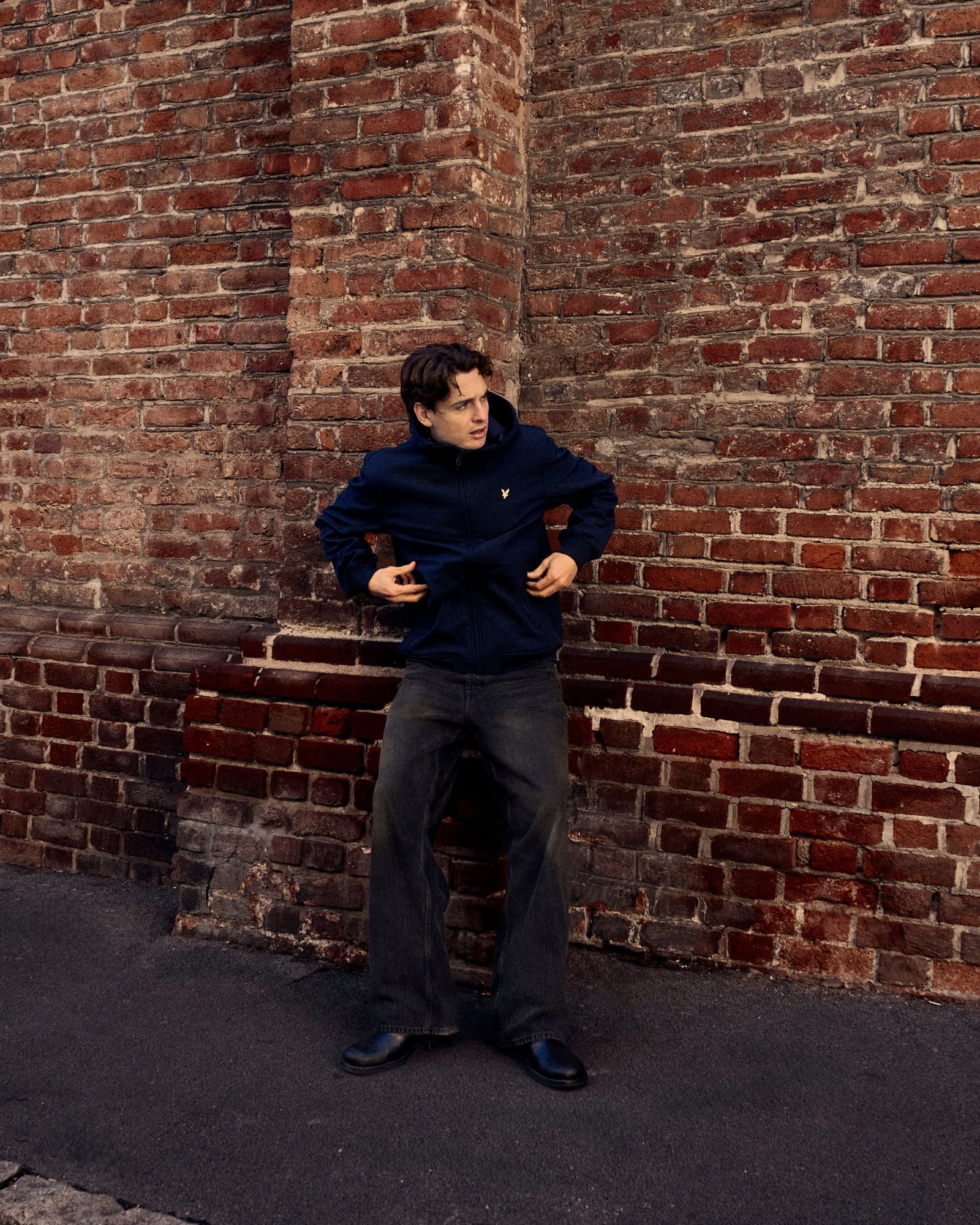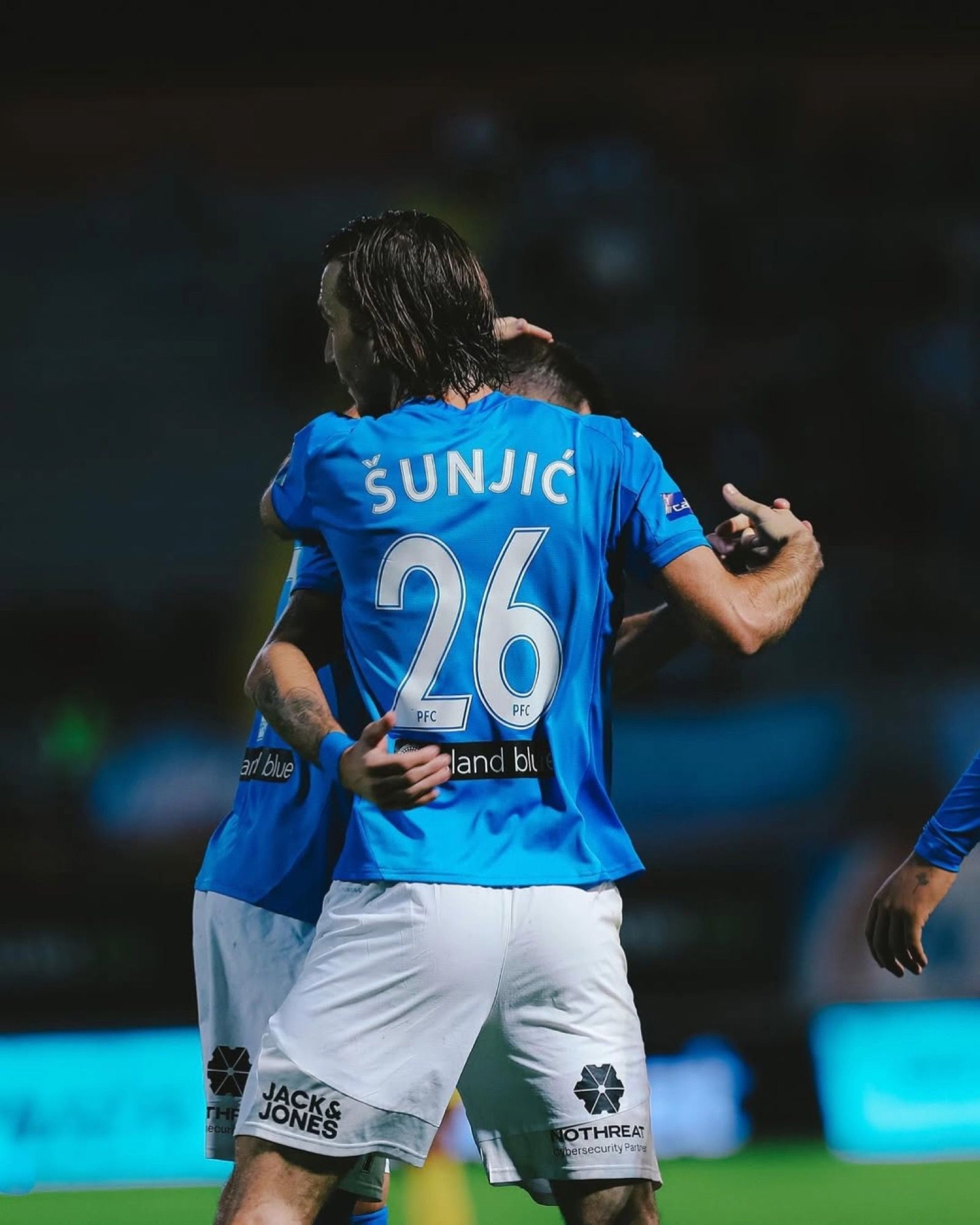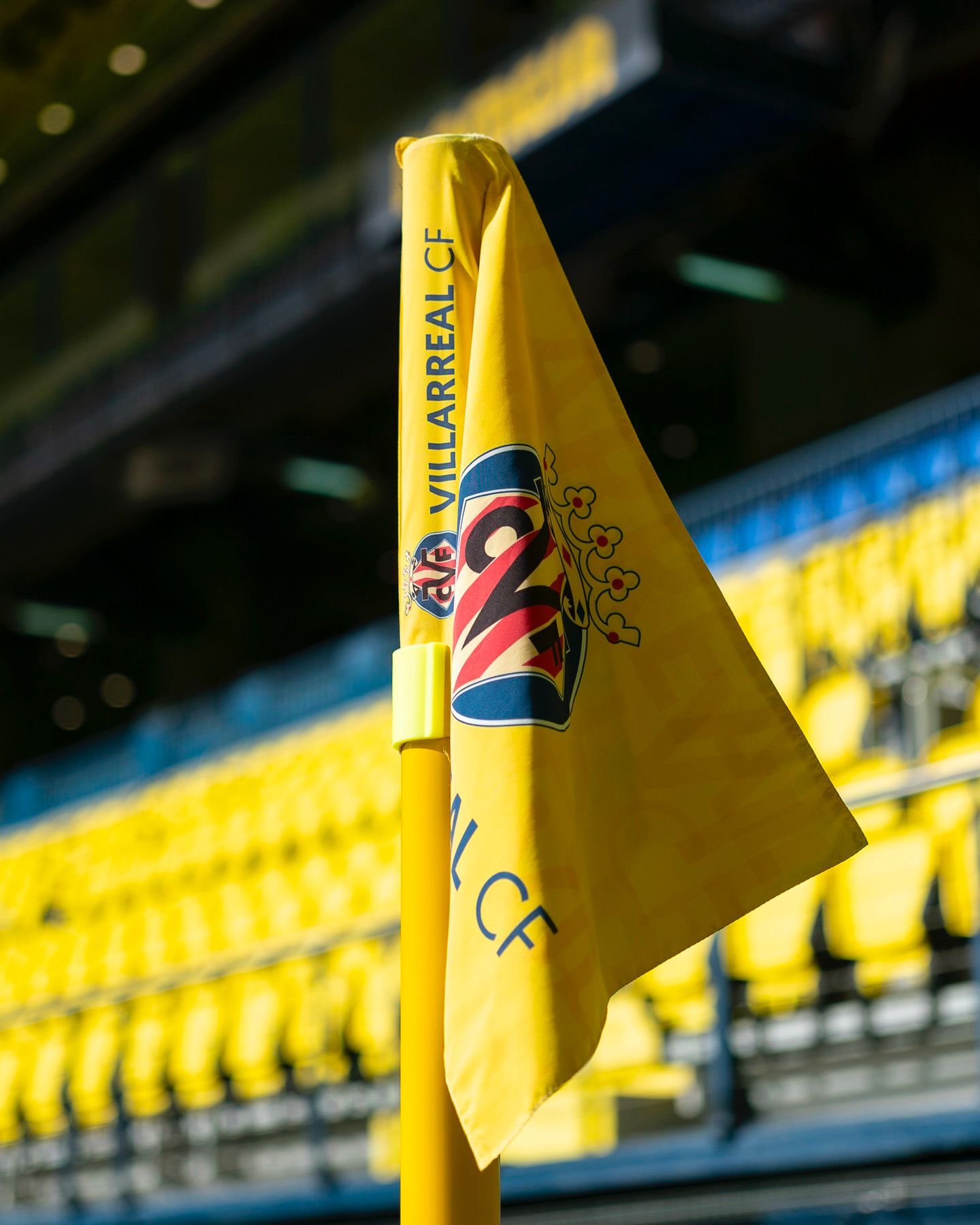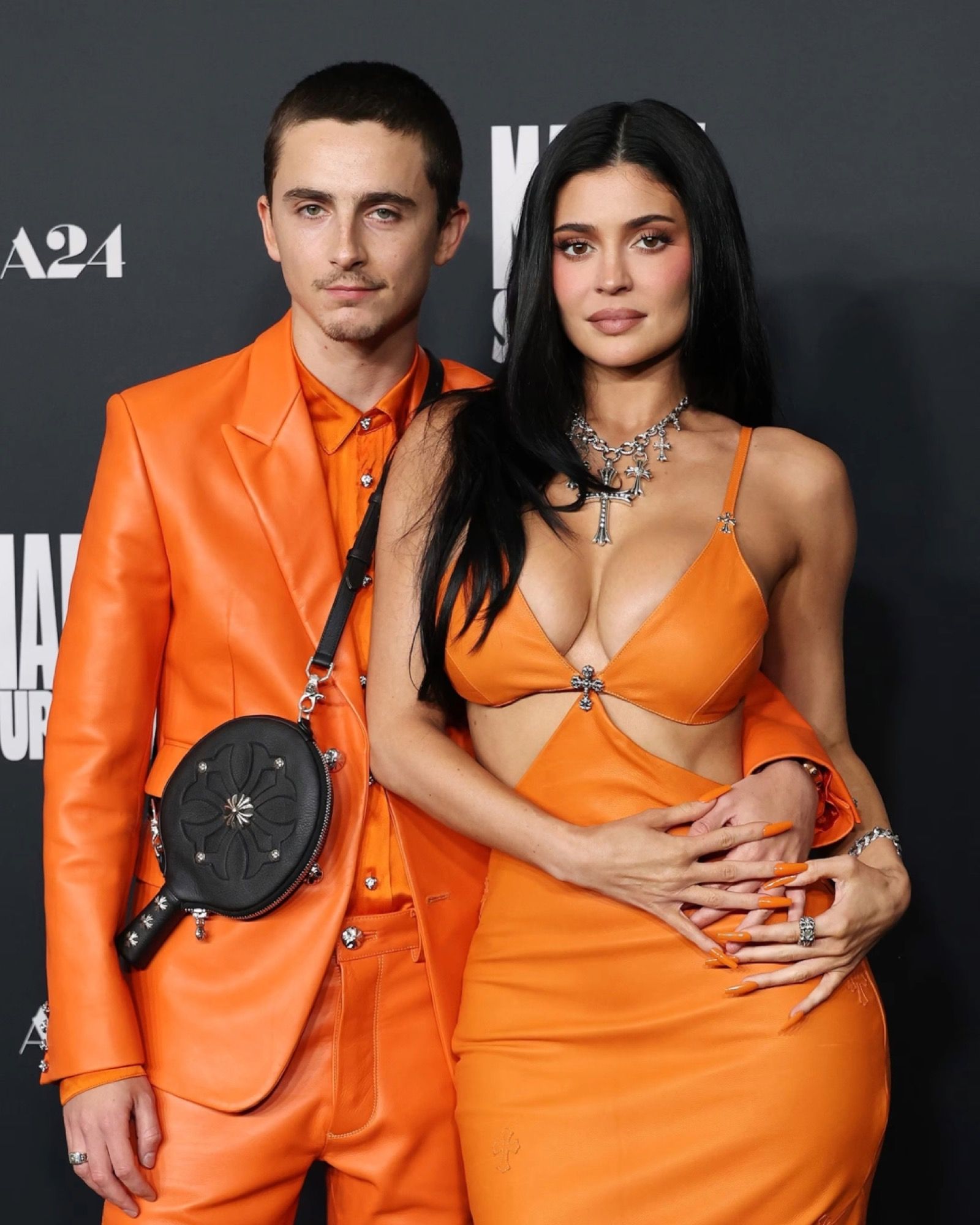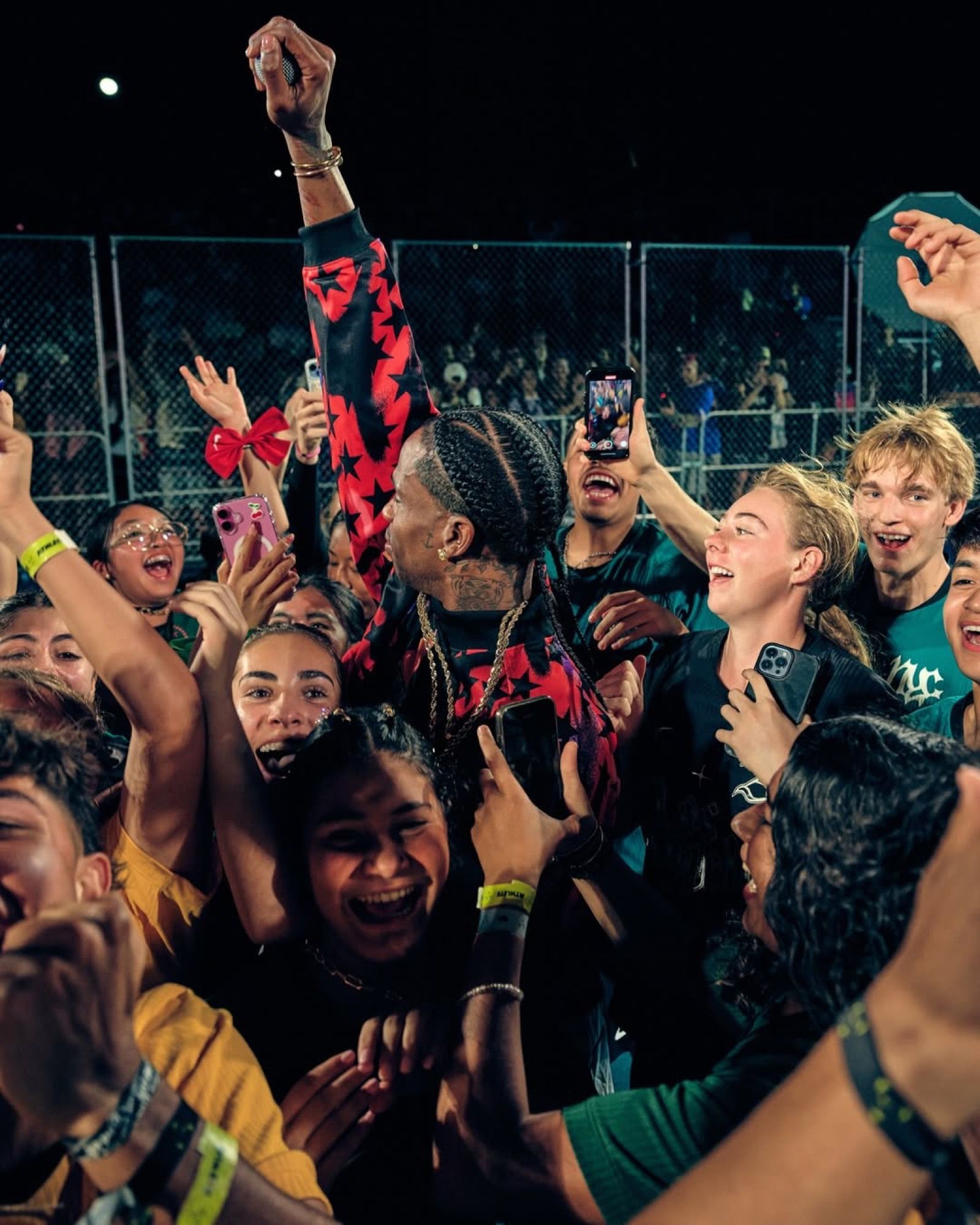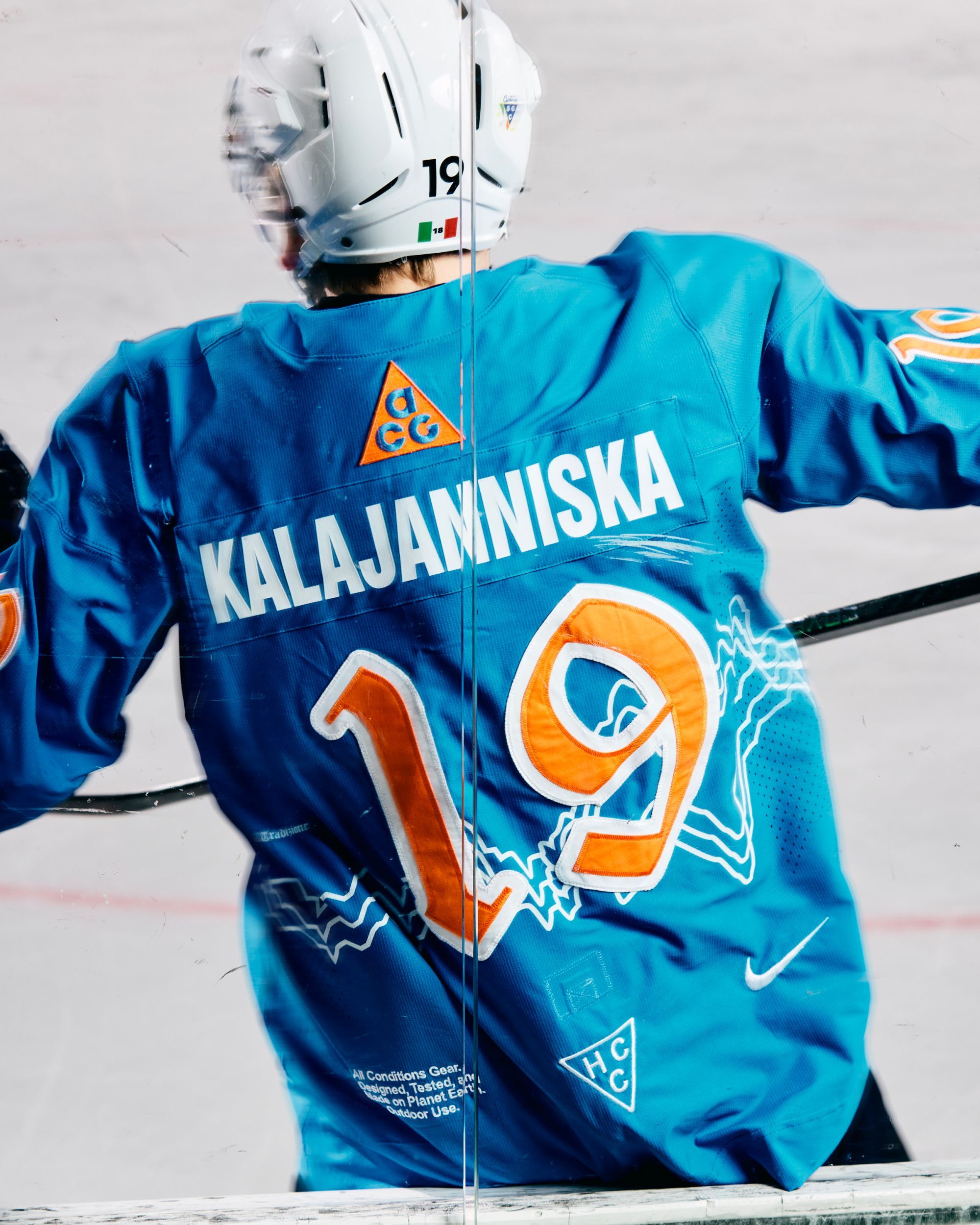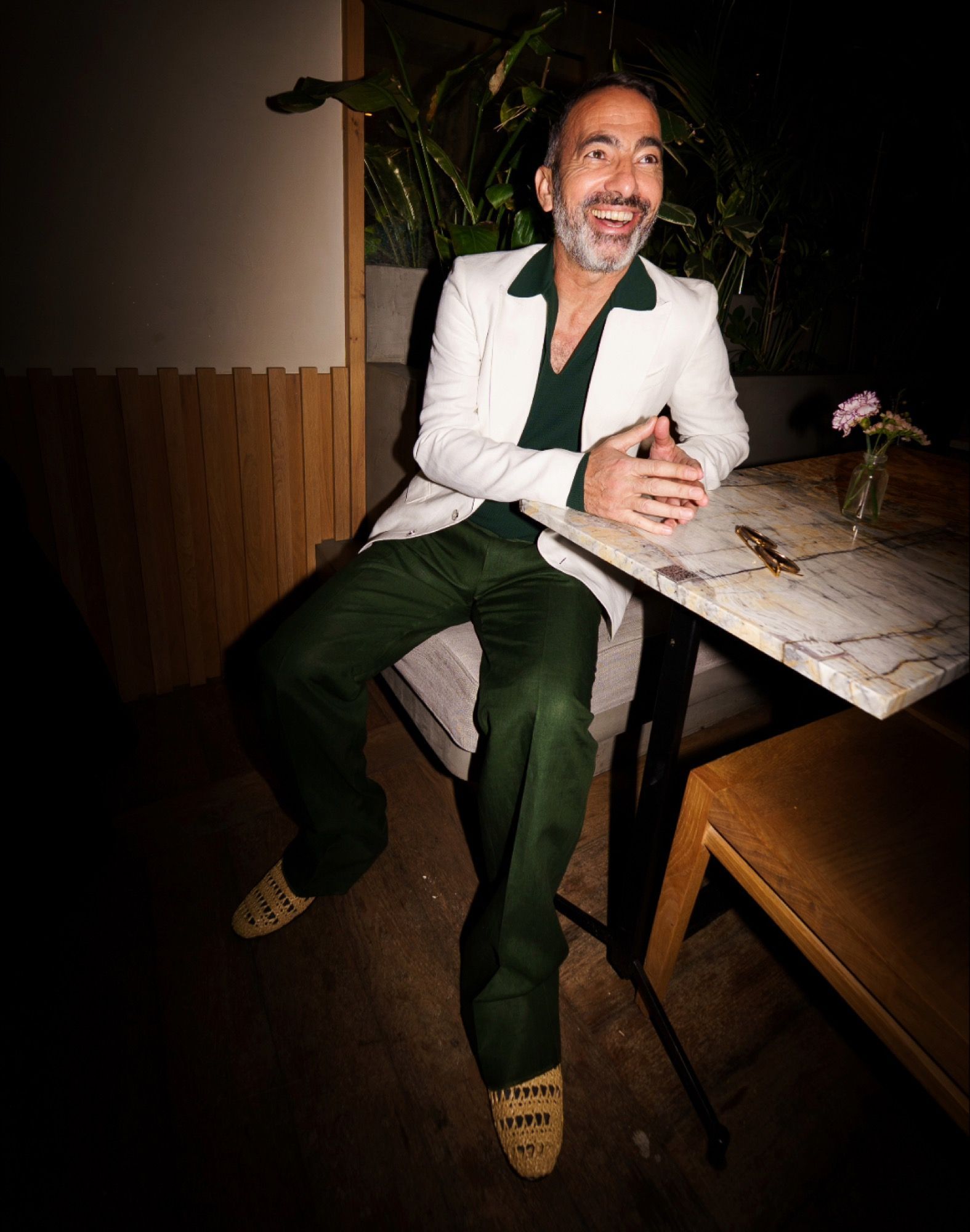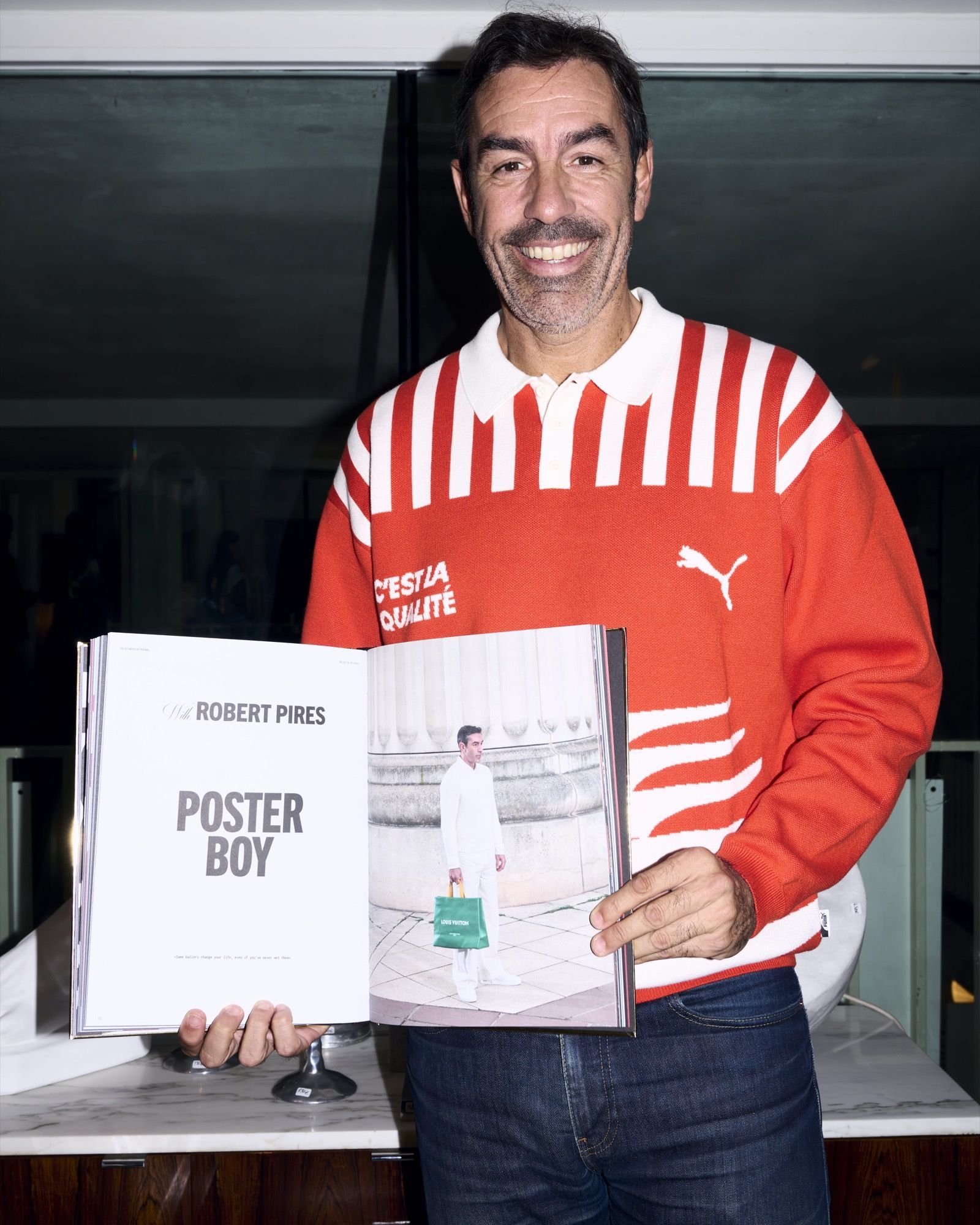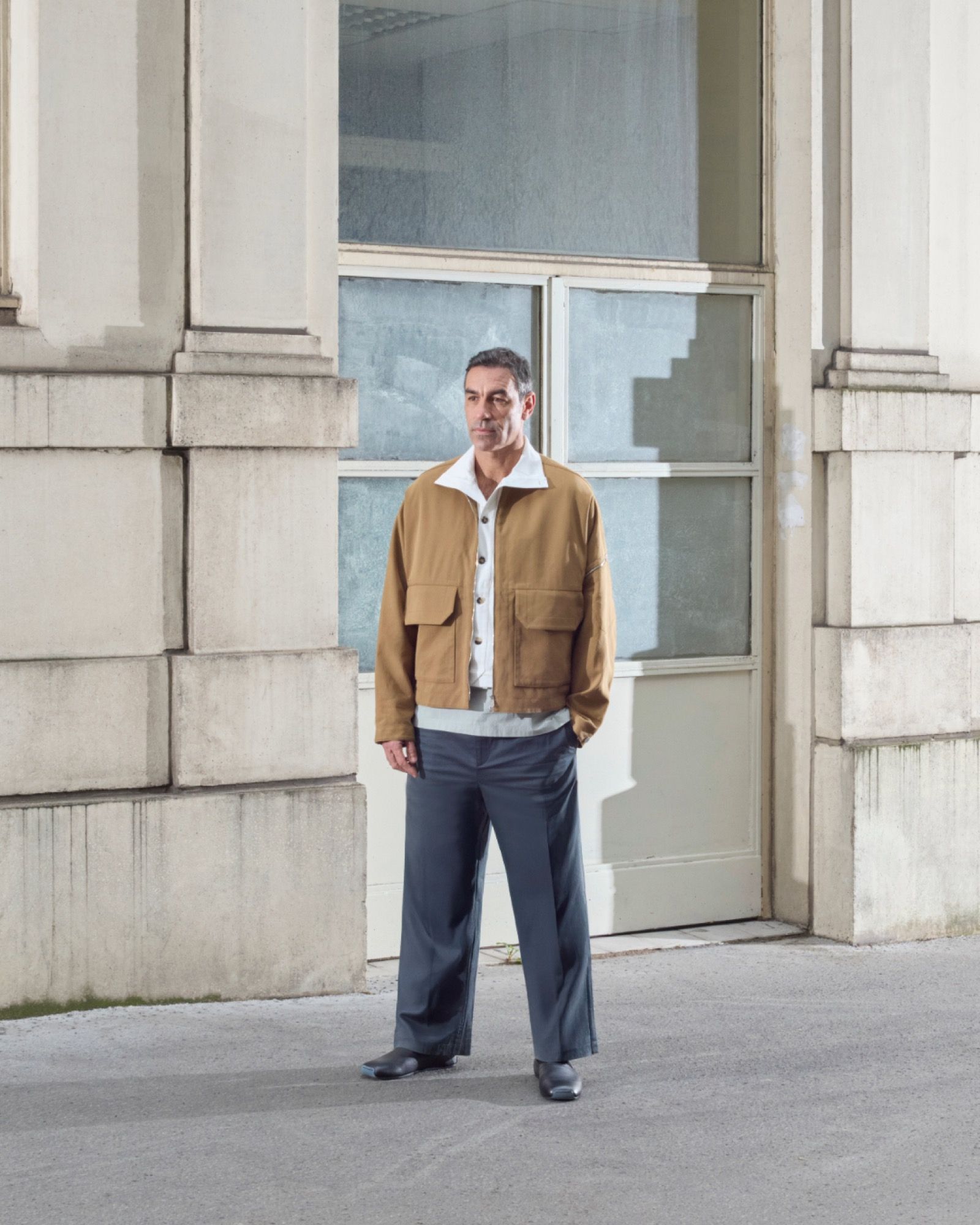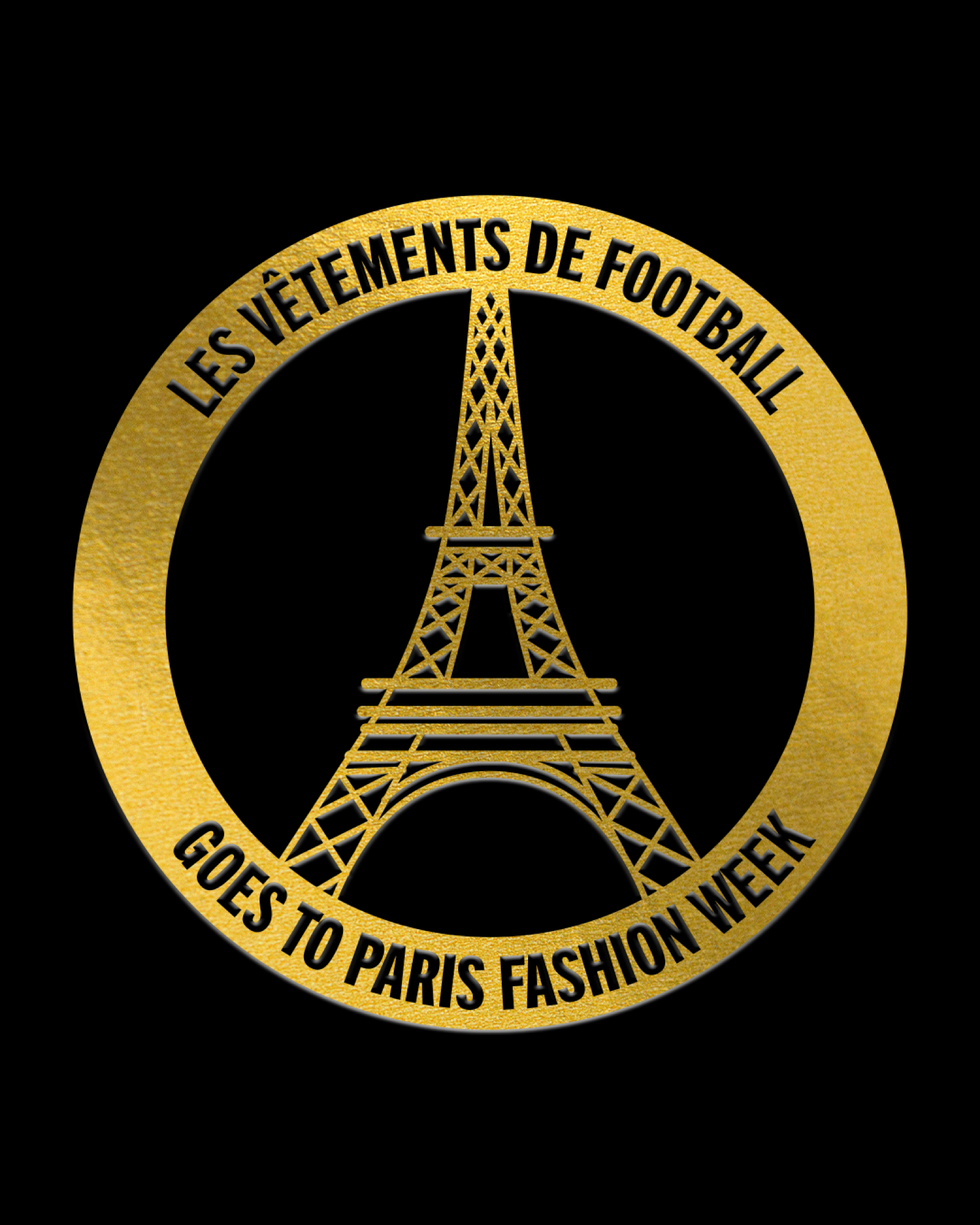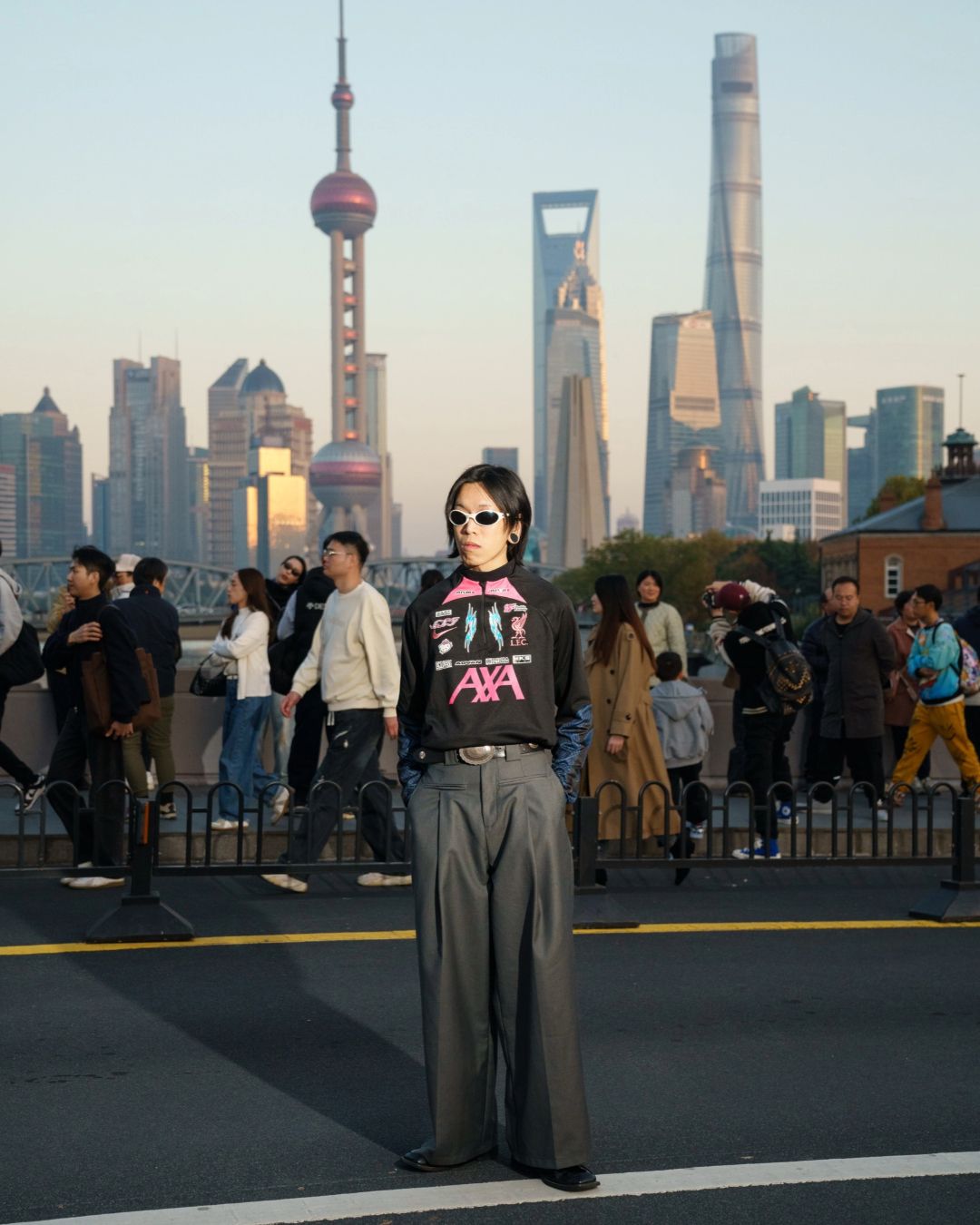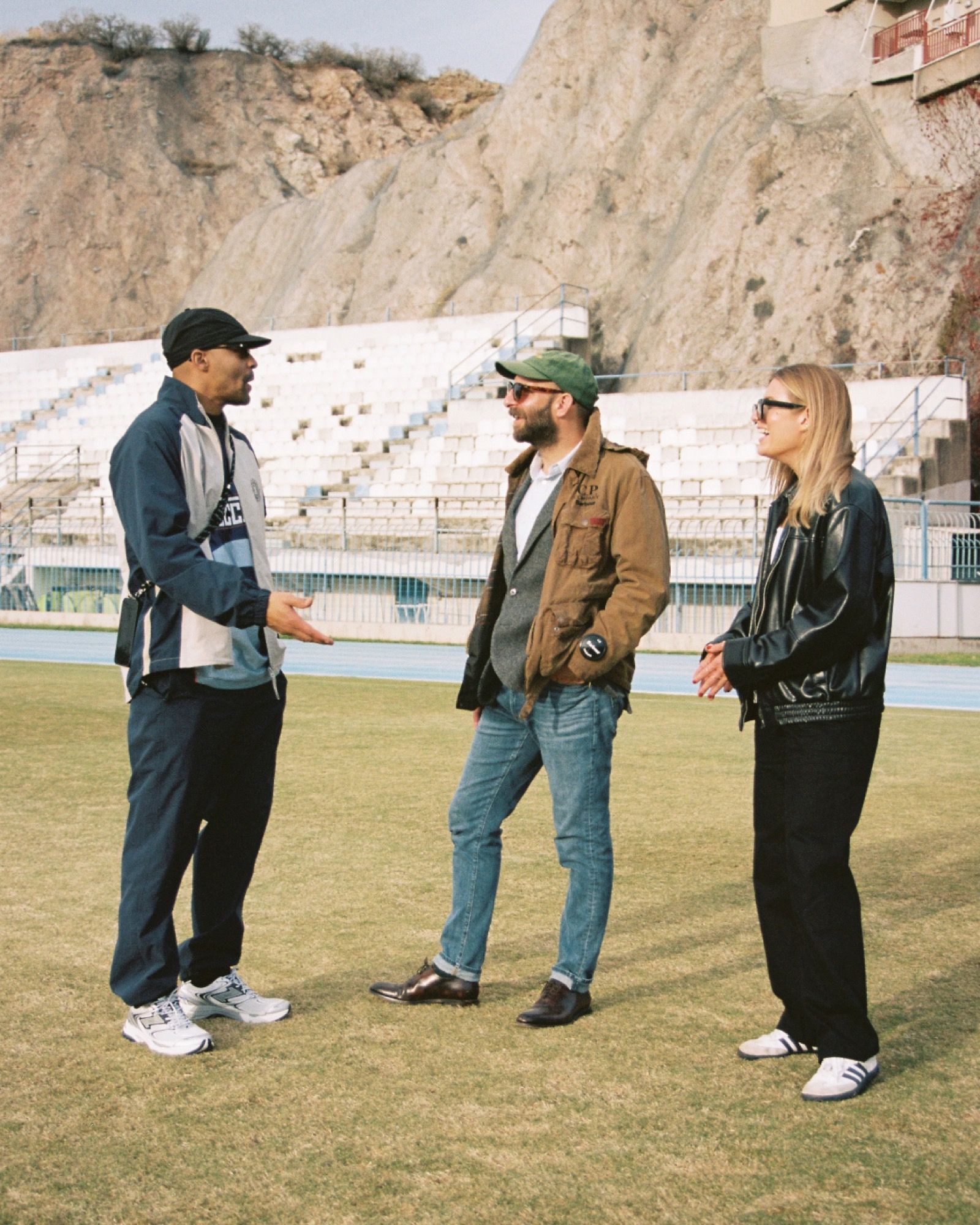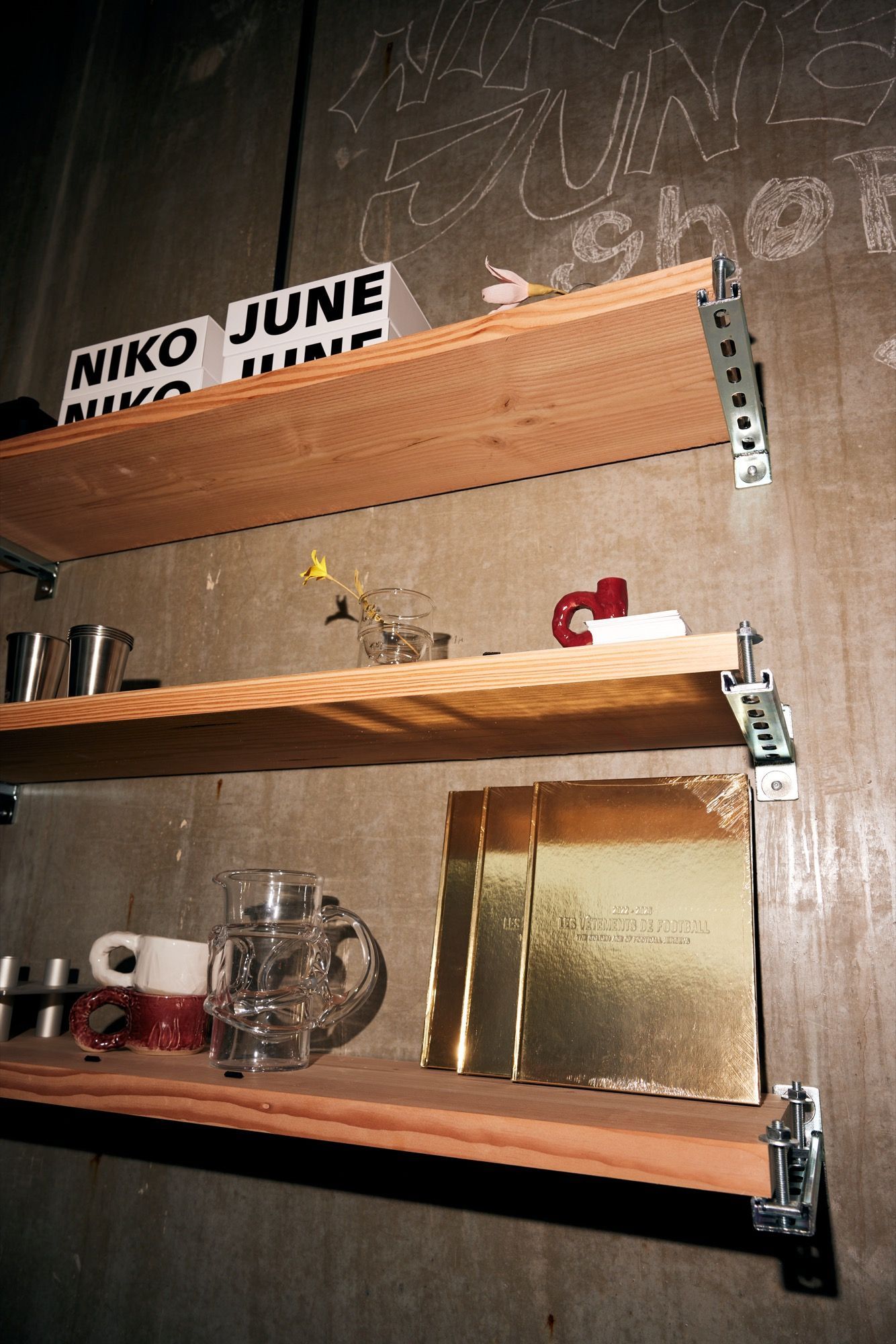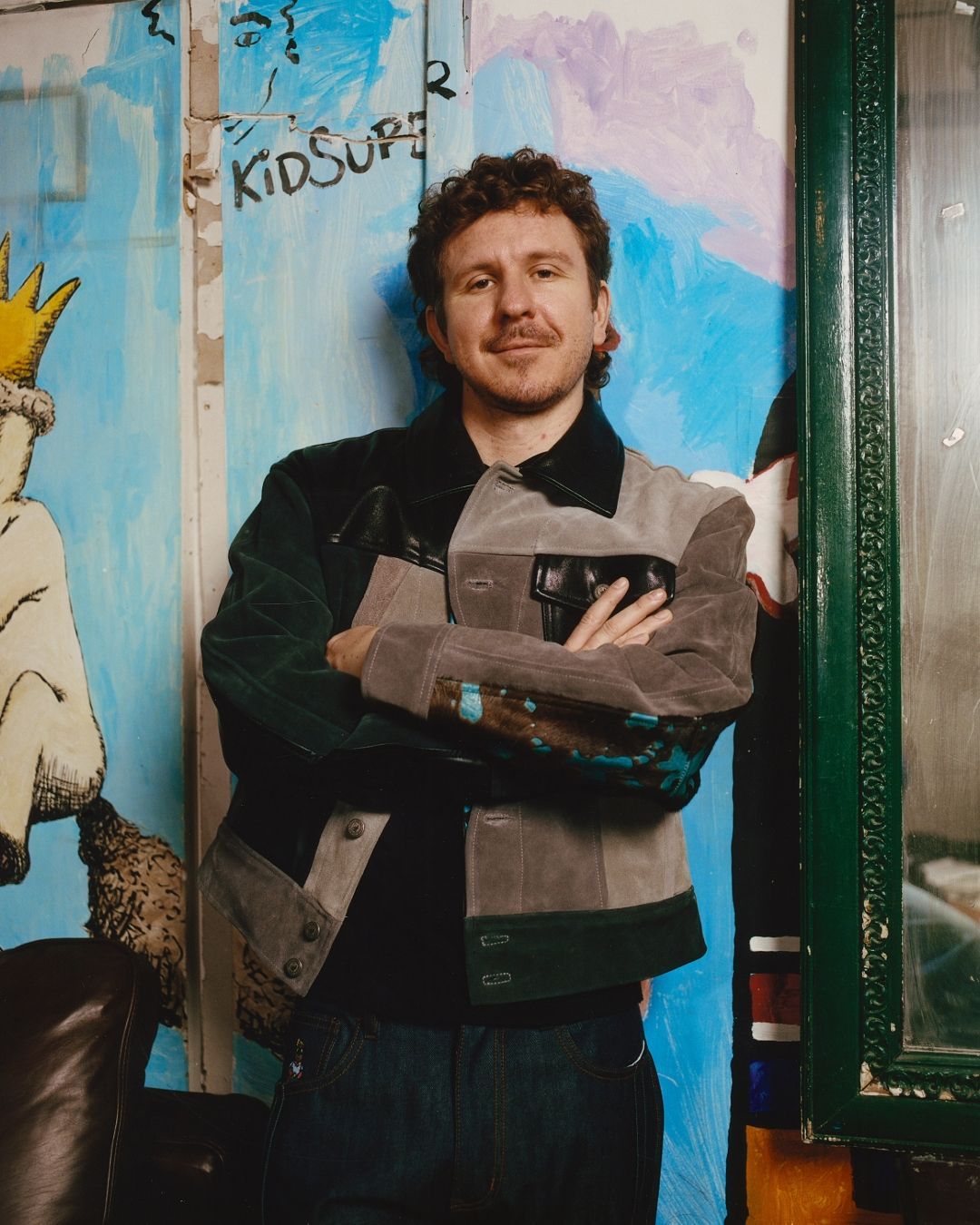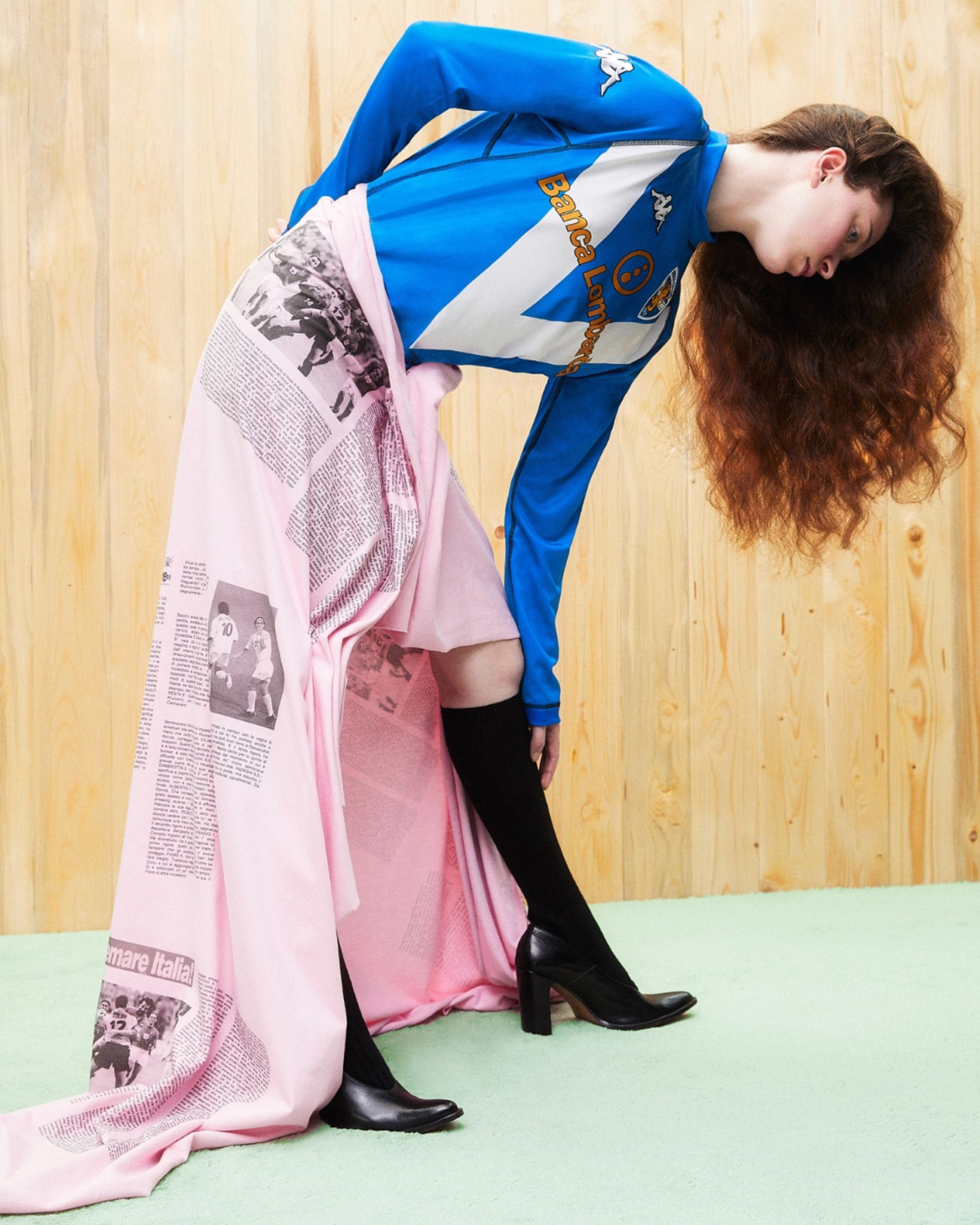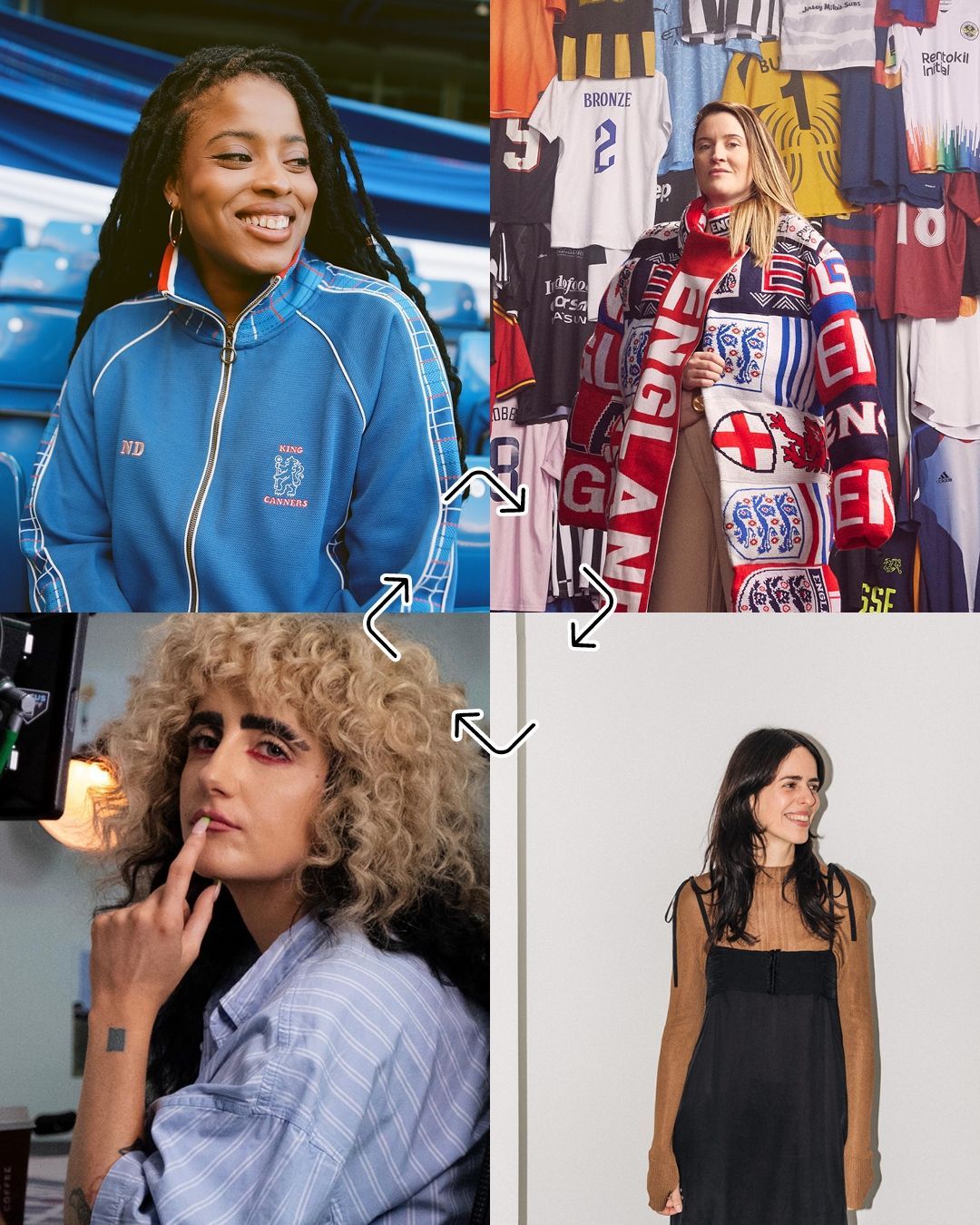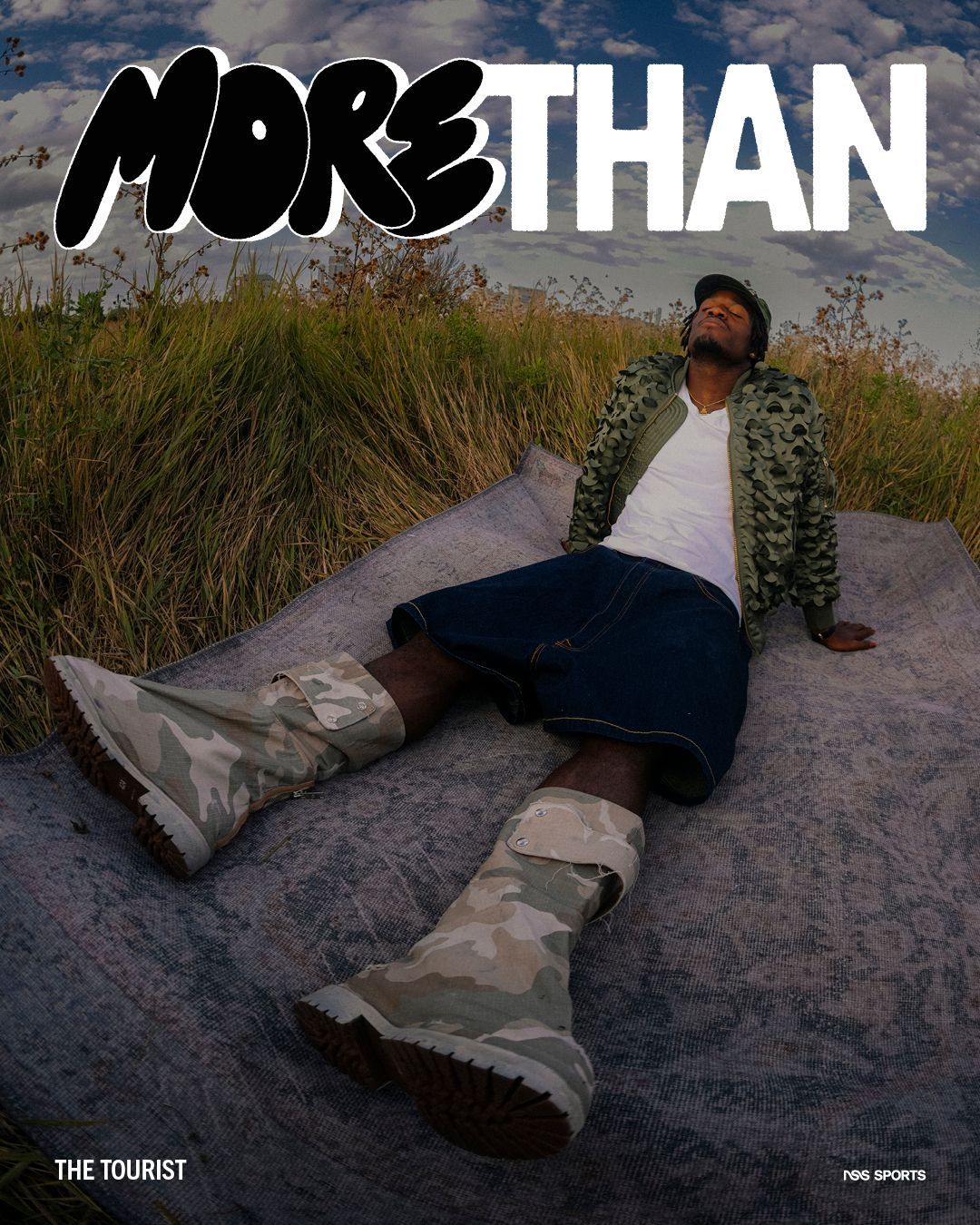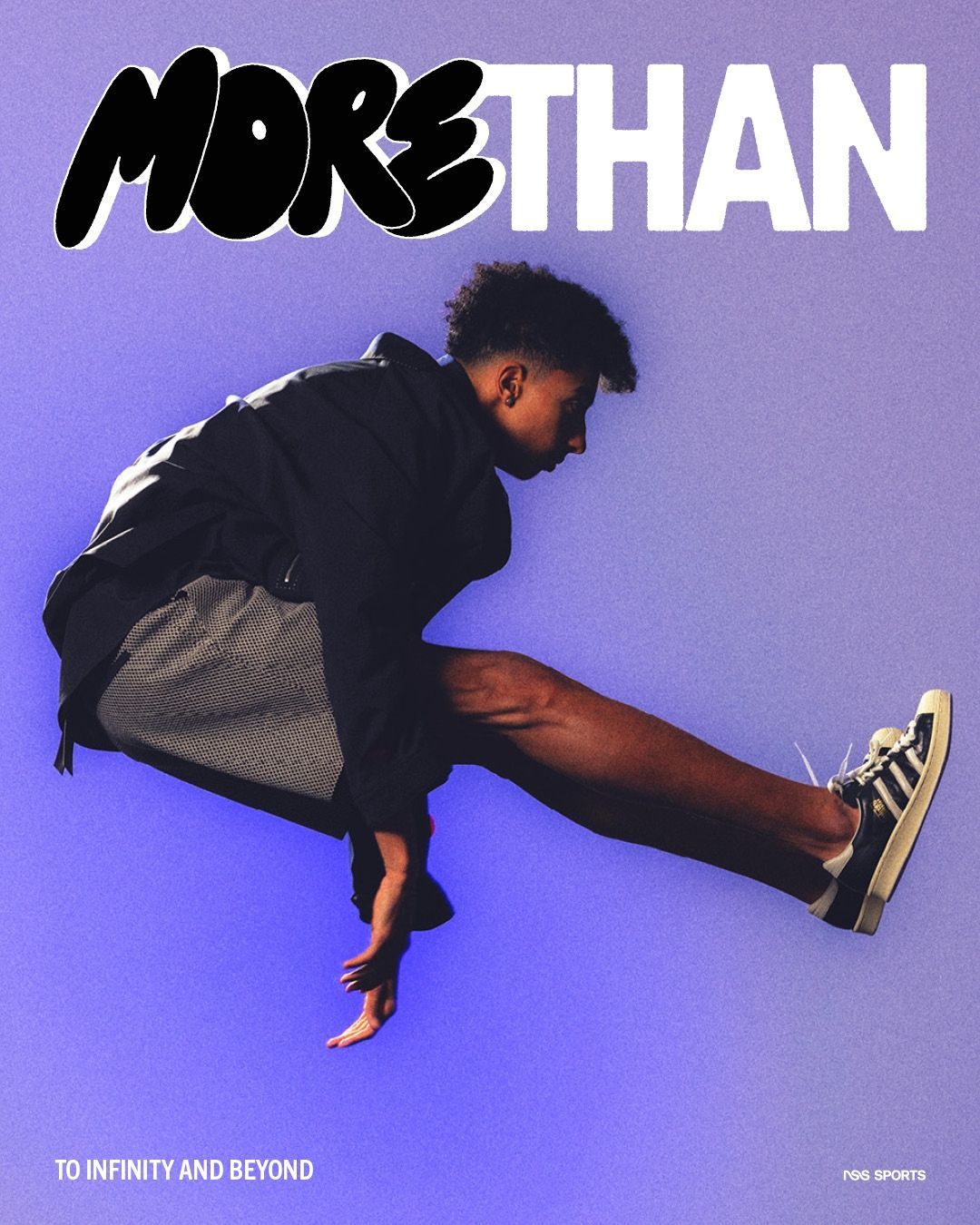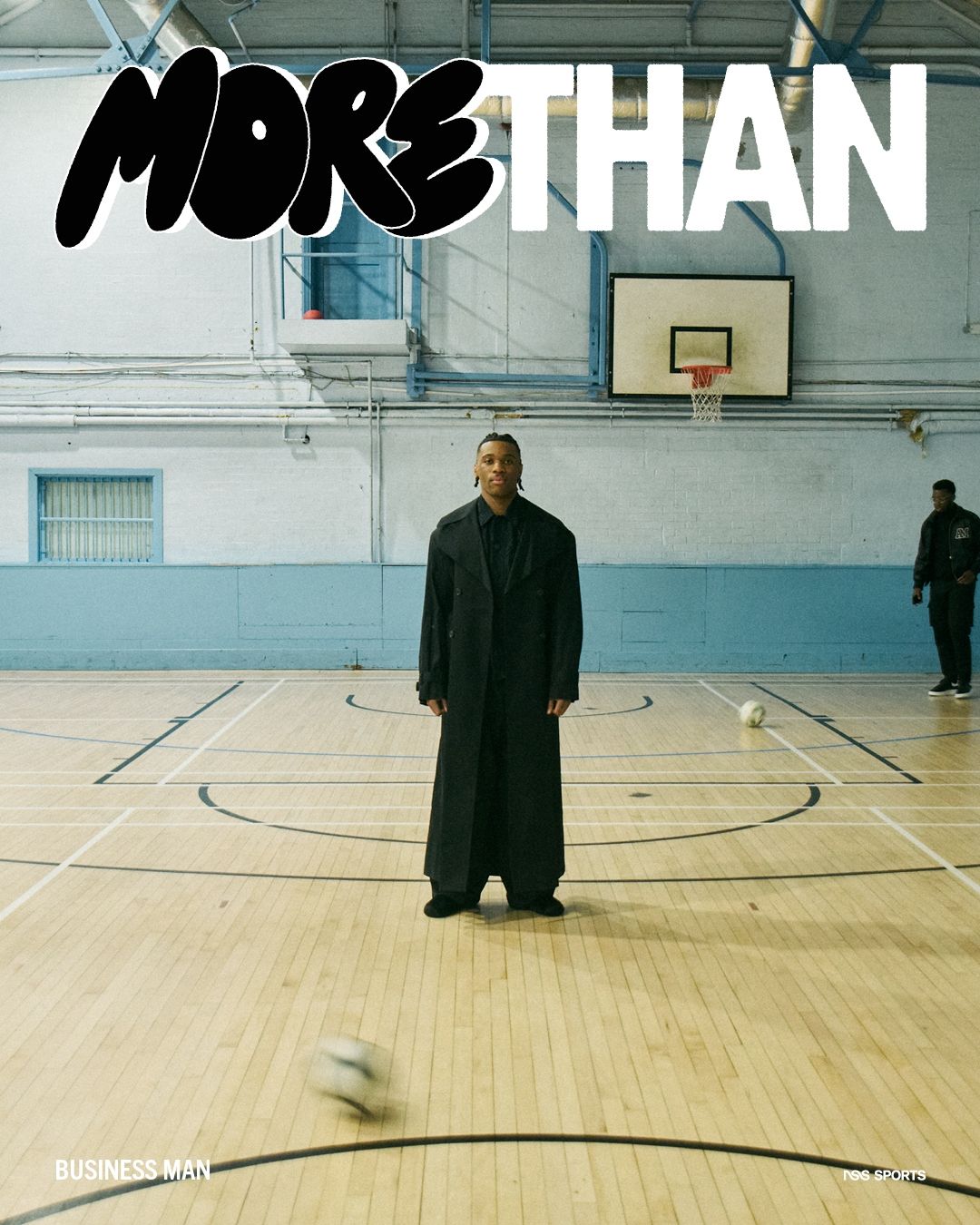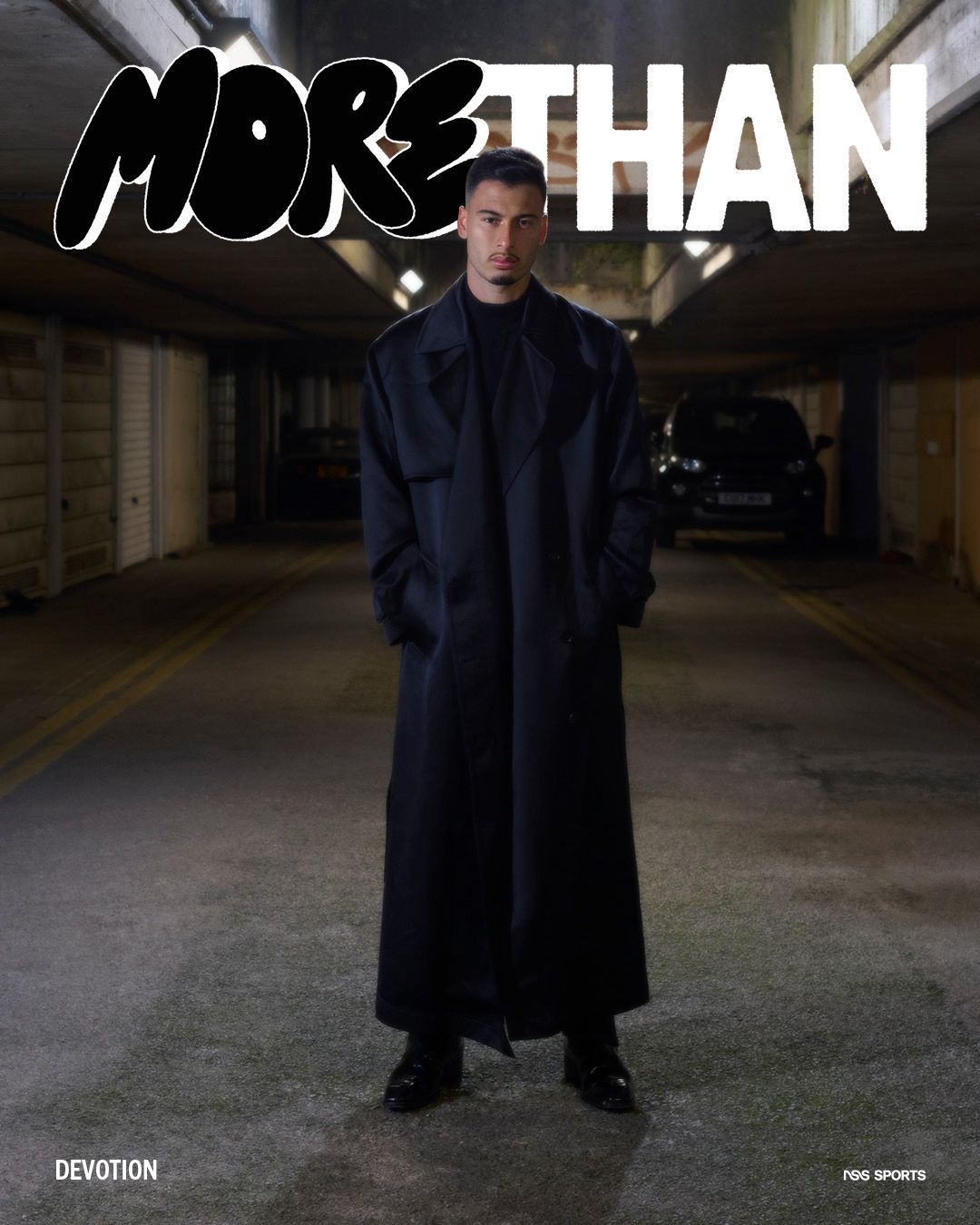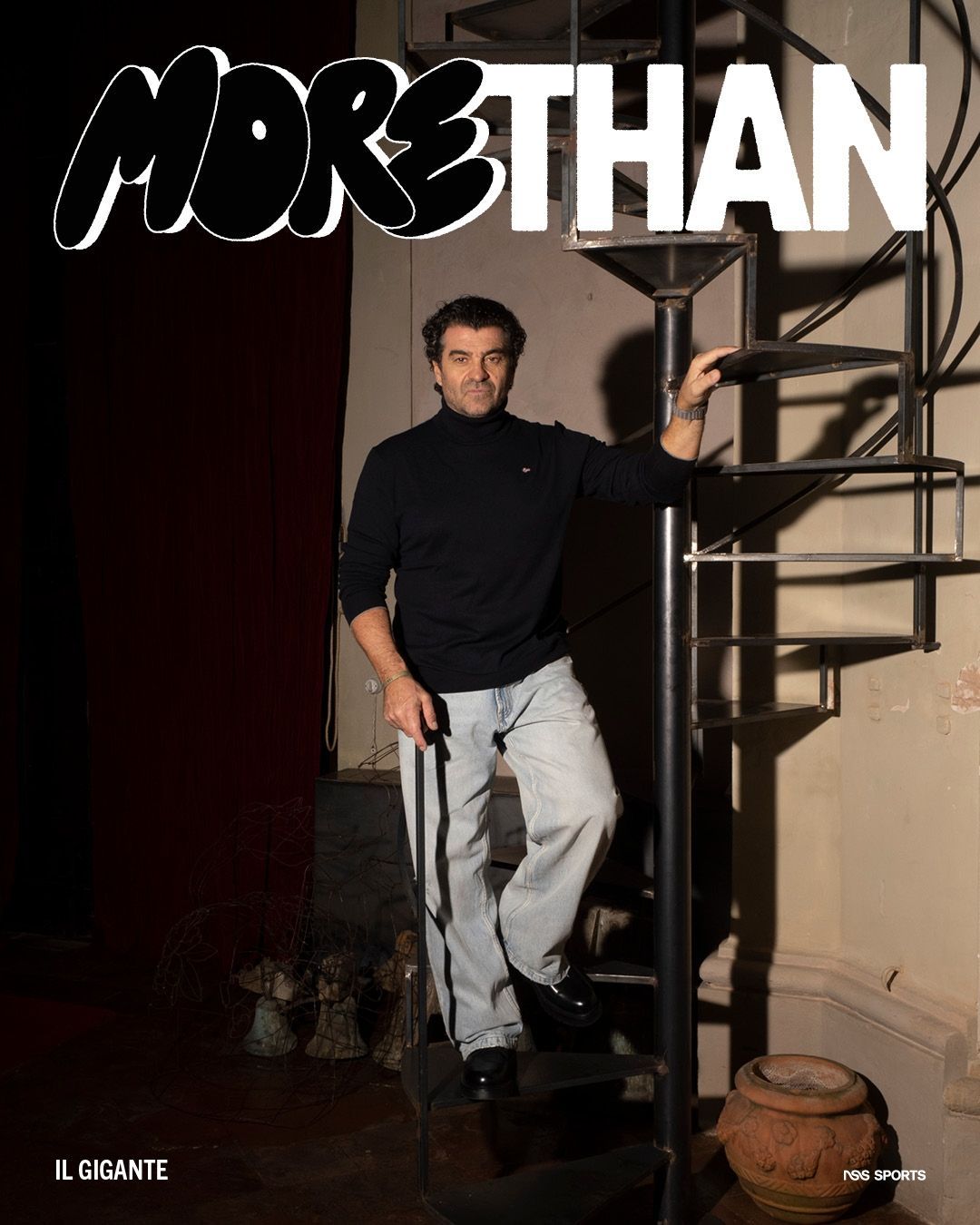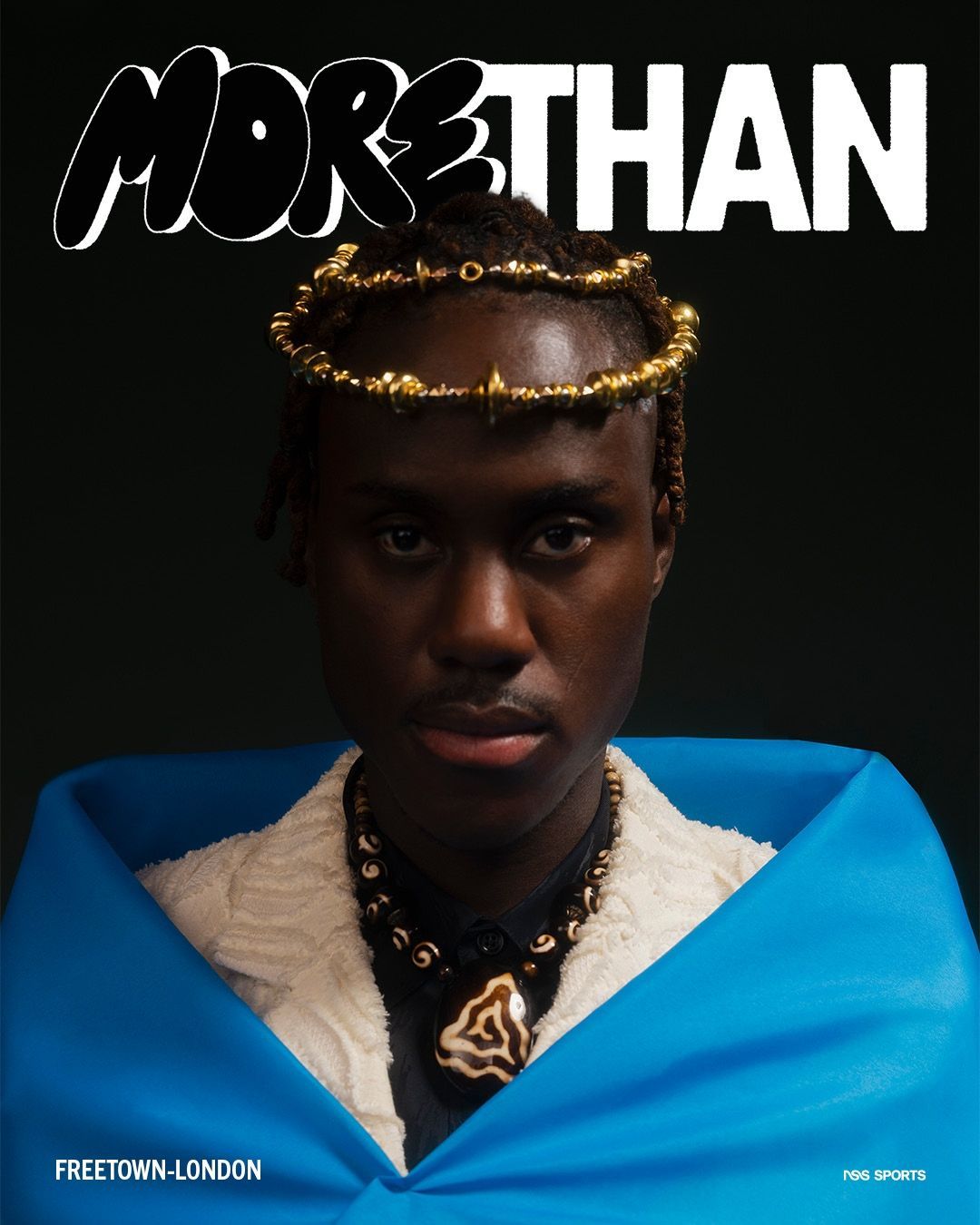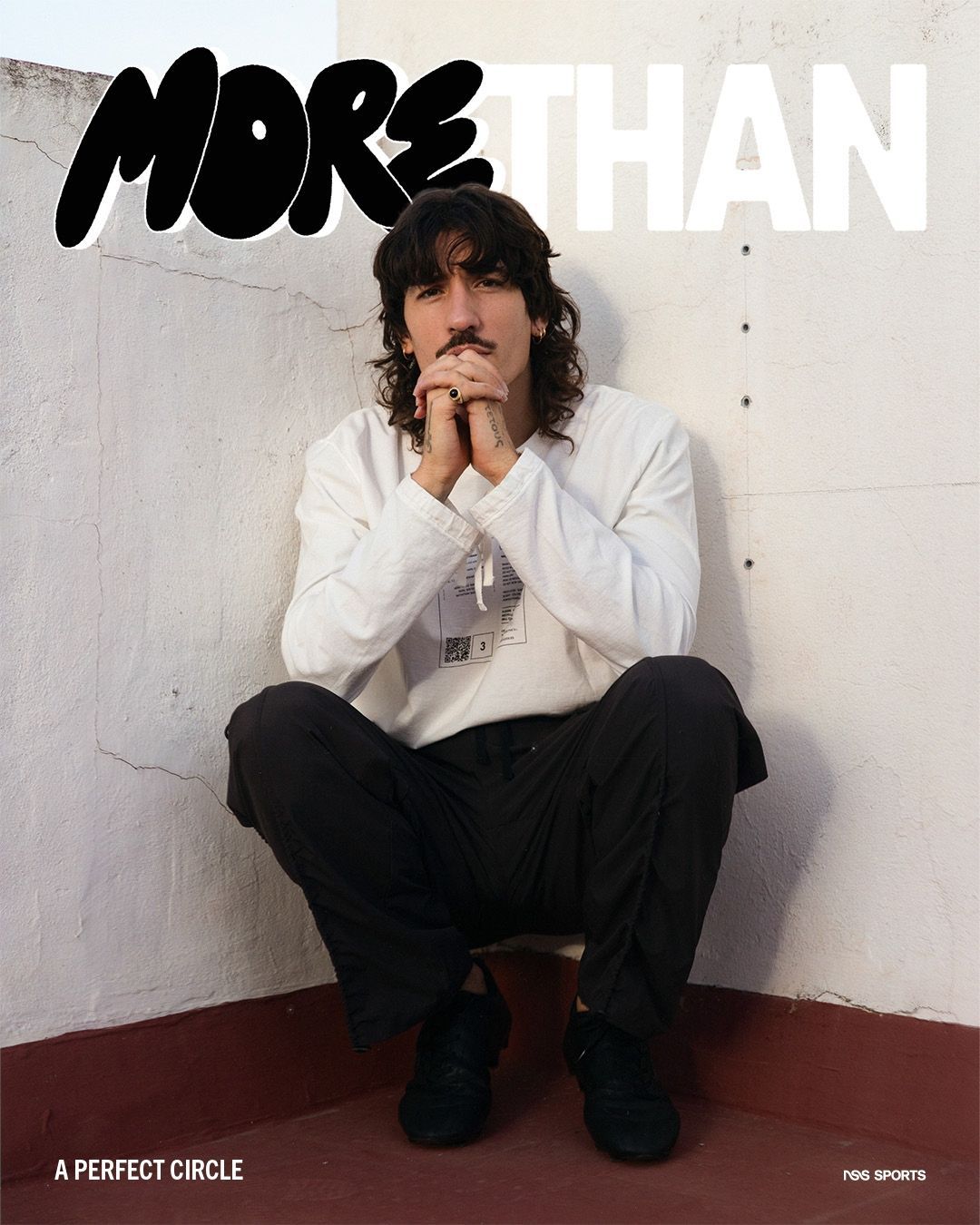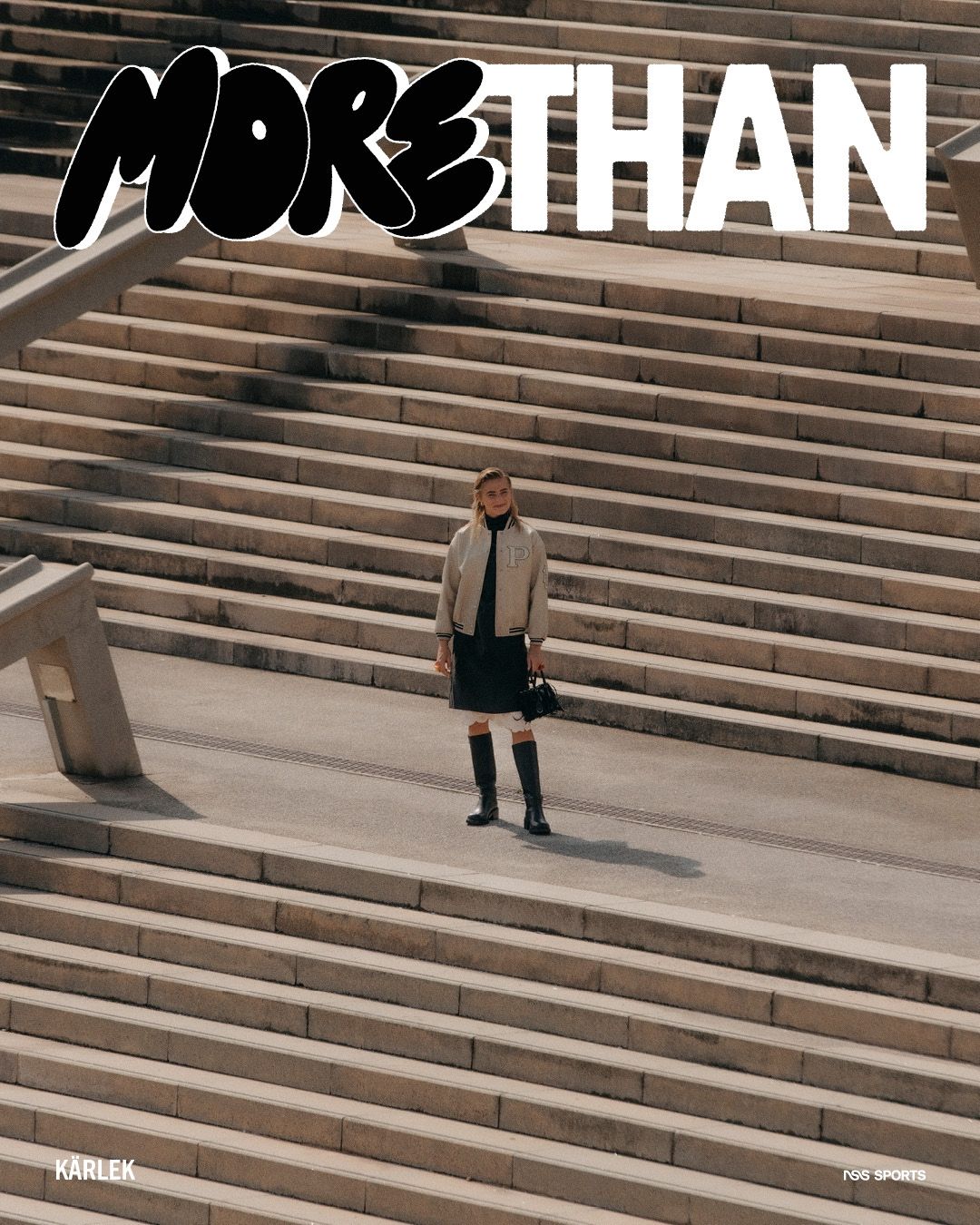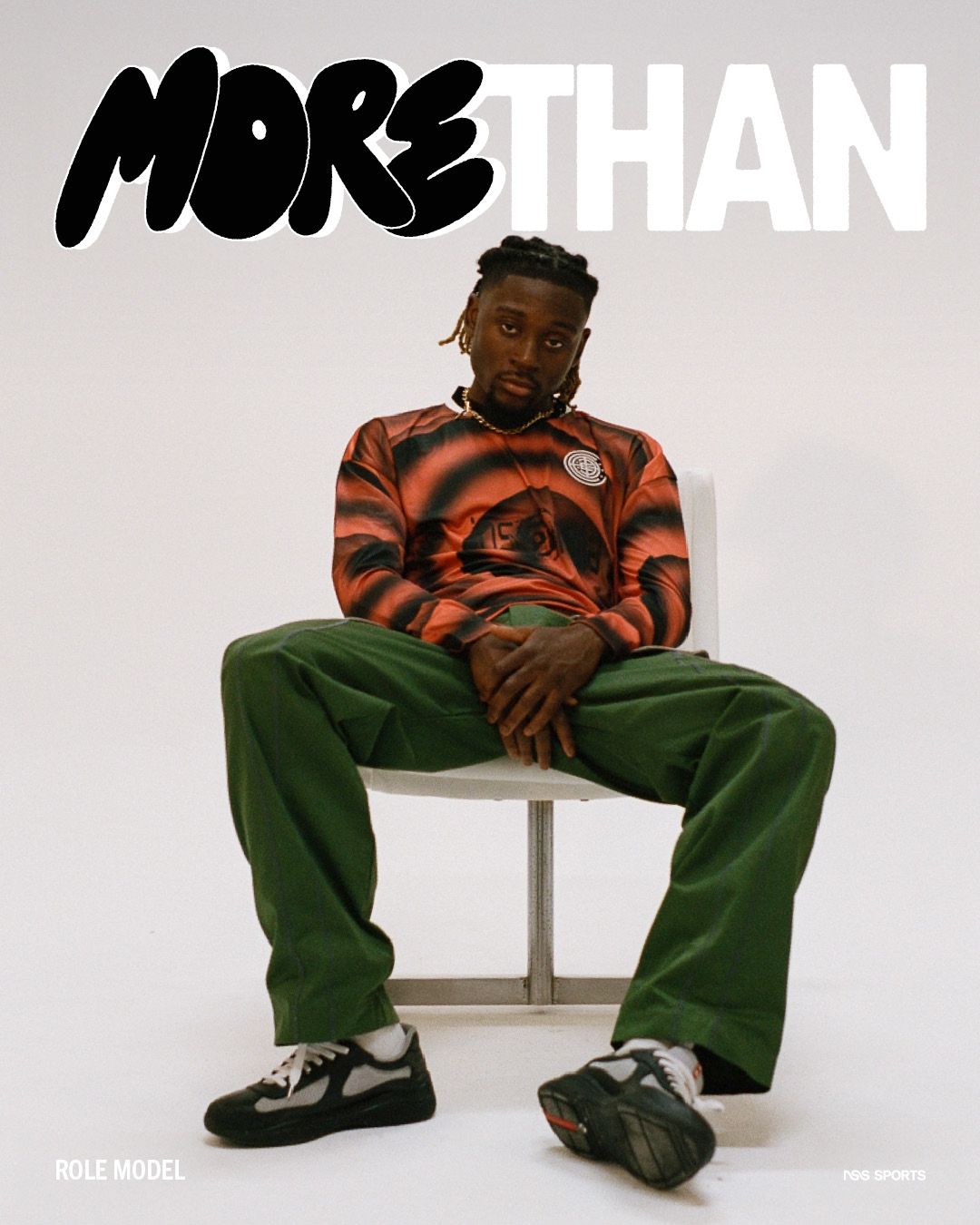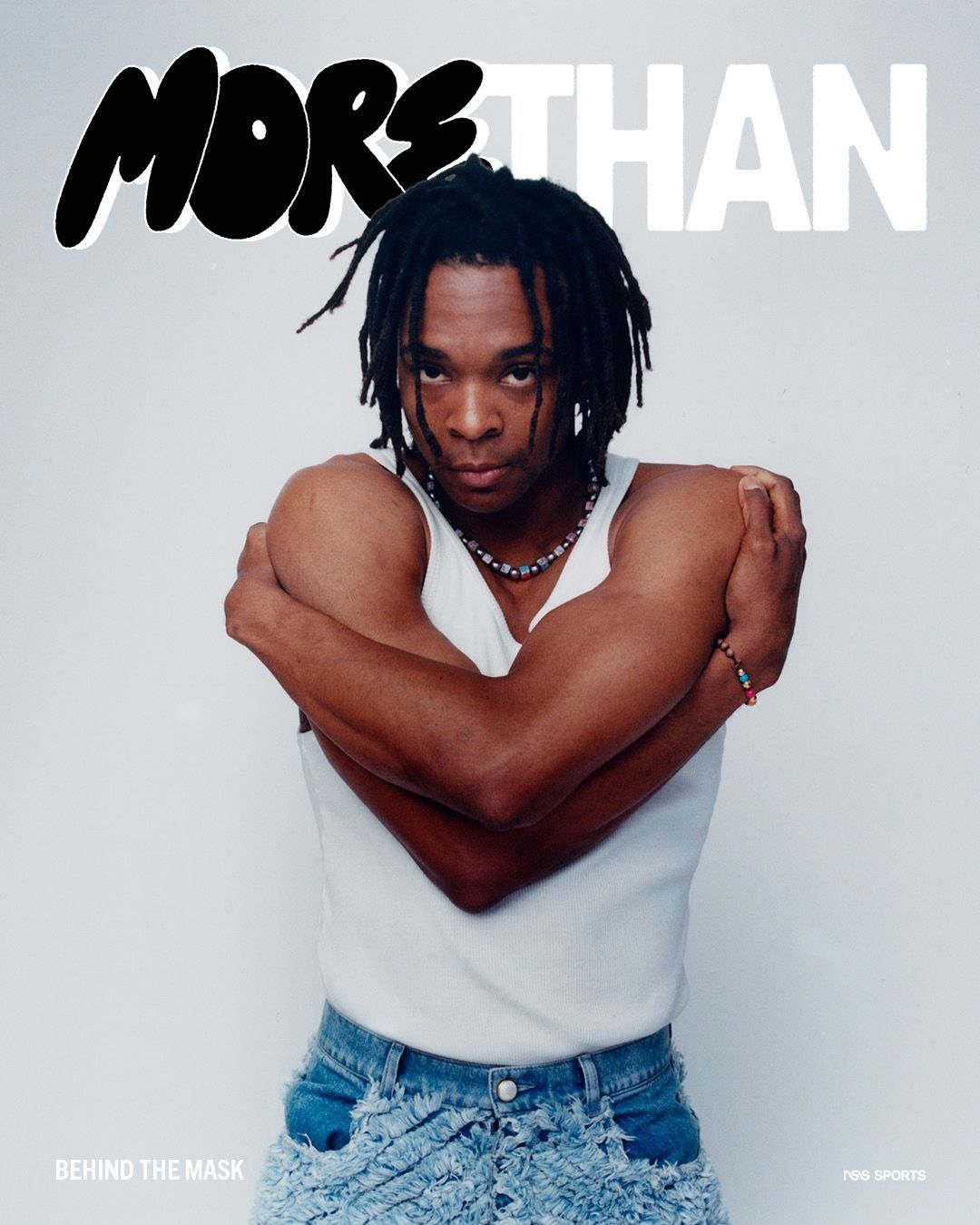
What Virgil Abloh left the sports world Not just already iconic shoes and jerseys, but an awareness of their own means that has empowered a generation of young athletes
When yesterday afternoon the news of the disappearance of Virgil Abloh stopped the world, the aspect that shocked me the most was not the sudden absence of the Artistic Director of one of the most famous fashion houses in the world - Louis Vuitton-, or the designer able to revolutionize with a single collaboration the entire sneaker game, or the partner in crime of Kanye West or one of the most influential personalities in the world of fashion (and in the world and that's it). I was struck by the disappearance of a source of energy that I thought was unquenchable, an always active nuclear power plant, a volcano in constant eruption. More than the tagging, the quotation marks, the deconstructions, Abloh's overwhelming intensity won you over, capable of biting into life, almost a premonition of the short time he had on this earth.
Abloh could never sit still, perhaps the most perfect example of a laptop designer who worked even when he was scrolling Tumblr or traveling by plane. And if he wasn't working, he was playing sports. Skate before everything else, of course, - are famous the ones in which he is intent to show his tricks with the board directly in the backstage of his shows - strengthening the relationship between skate and streetstyle. A$ap Rocky in a long Oral History released in 2019 on GQ.com recalls how at the time of Been Trill, the collective formed by him, Heron Preston and Matthew Williams, Virgil would arrive at parties for his DJ shift directly with his Nike Yeezy Red October destroyed after skating all day.
But Abloh was one of the first big names in street fashion to take a serious interest in soccer, a passion of his since his high school days when, in a Chicago dominated by the figure of Michael Jordan, he won the regional championships wearing the Boylan Titans jersey. In the few photos of that period he can be seen standing out in group poses, the only black boy among typically Midwestern faces, with the usual seraphic calmness with which we have learned to know him since then.
An interest in the game of soccer matured through his parents, who moved to the suburbs of Chicago from Ghana, along with a deep pride in their origins, so much so that Abloh himself in an interview with Highsnobiety in 2018, asked which jersey he would have ever wanted to design, answered without hesitation for the Ghanaian national team. A sense of responsibility that Abloh has always felt and in which he has infused the usual generosity, spending himself personally towards a team in Paris, Melting Passes, composed of migrants without documents and therefore unable to join other amateur clubs. Contacted during a Paris fashion week by Anne Wintour, Abloh immediately took the project to heart and met with the boys of the team to design for them a kit signed Off-White with which to take the field feeling like a real team. A circle that ended when Abloh invited sixteen boys from Melting Passes to the Off-White show for Fall 2018, all wearing the blue and pink jerseys he designed.
In true Off-White style, each jersey was customized to stand out thanks to small but precious details, and also thanks to the help of Nike, handmade in OF's Italian factory. Reflecting on the customization of the soccer jerseys for Melting Passes Abloh told Vogue, "Each one is different because I wanted to celebrate the idea of difference, because in this case the uniform would have been too uniforming."
An idea that Abloh then picked up when during Art Basel in Miami he was asked to hold a workshop organized by Nike and called "Soccer Jersey Culture", during which he printed soccer jerseys inserting and removing details at the request of those present. And soon after he took the field in a 7vs7 game organized in a field on the roof of a building in Downtown Miami, one of the rare appearances of Virgil with a pair of shoes on his feet.
It's been such a straightforward path that no one was surprised when Off-White and Nike announced a new collaboration titled "Football, Mon Amour" ahead of the 2018 World Cup, both because Virgil has never backed down when there's been a chance to get his hands on some collaboration, and because he had largely already shown his interest in sports uniforms since the lettering of Pyrex Vision jerseys. The collection was part of the flow of revaluation of soccer shirts within the streetwear aesthetic, started by Patta and Palace and then arriving to the catwalks, in which Virgil entered with his usual omnivorous and iconoclastic profile.
Holding true to his 3 percent mantra that you can create a new object even if you only modify the original by three percent, his is an approach closer to ready-made than design, Abloh's jerseys are a centrifuge of references. From the 1998 Borussia Dortmund logo to the checkered pattern of the Croatian national team, via the long sleeves of the Premier to the crest of the Dutch national team, Virgil pays homage to the European soccer for which he has developed an exotic passion. "I've always been intrigued by sponsors printed on the chest. Now that I think about it there's something special about their graphic profile, about where they're placed, there's something unique about soccer shirts [...] They have a very specific language that I'm intrigued by," he will tell Highsnobiety.
An enthusiasm towards the world of sport that was amply reciprocated, with athletes of all disciplines proudly wearing their sneakers with Virgil's name written in marker on the sole. Kylian Mbappé showing off his Mercurial Zoomfly all happy, Marcus Rashford modeling checkered jerseys, Serena Williams paid homage with an exclusive collection and the many NBA players who took to the court with a pair of Jordan 1s revisited by him. All African-Americans, many second-generation immigrants like Virgil himself, who immediately found in him an inspiration and a model on which to shape their image. On the other hand, the world of professional sports, especially the U.S., has exploited for decades the bodies of black athletes for their entertainment value without ever giving them the opportunity to define themselves as individuals.
A condition similar to the one experienced in high fashion, where for years the big brands have plundered cultures and fashions belonging to social groups but leaving them excluded from access to power roles, defended by invisible barriers. The same barriers that Virgil, thanks to a sharpie, some quotation marks and a pair of scissors, had started to break down.

